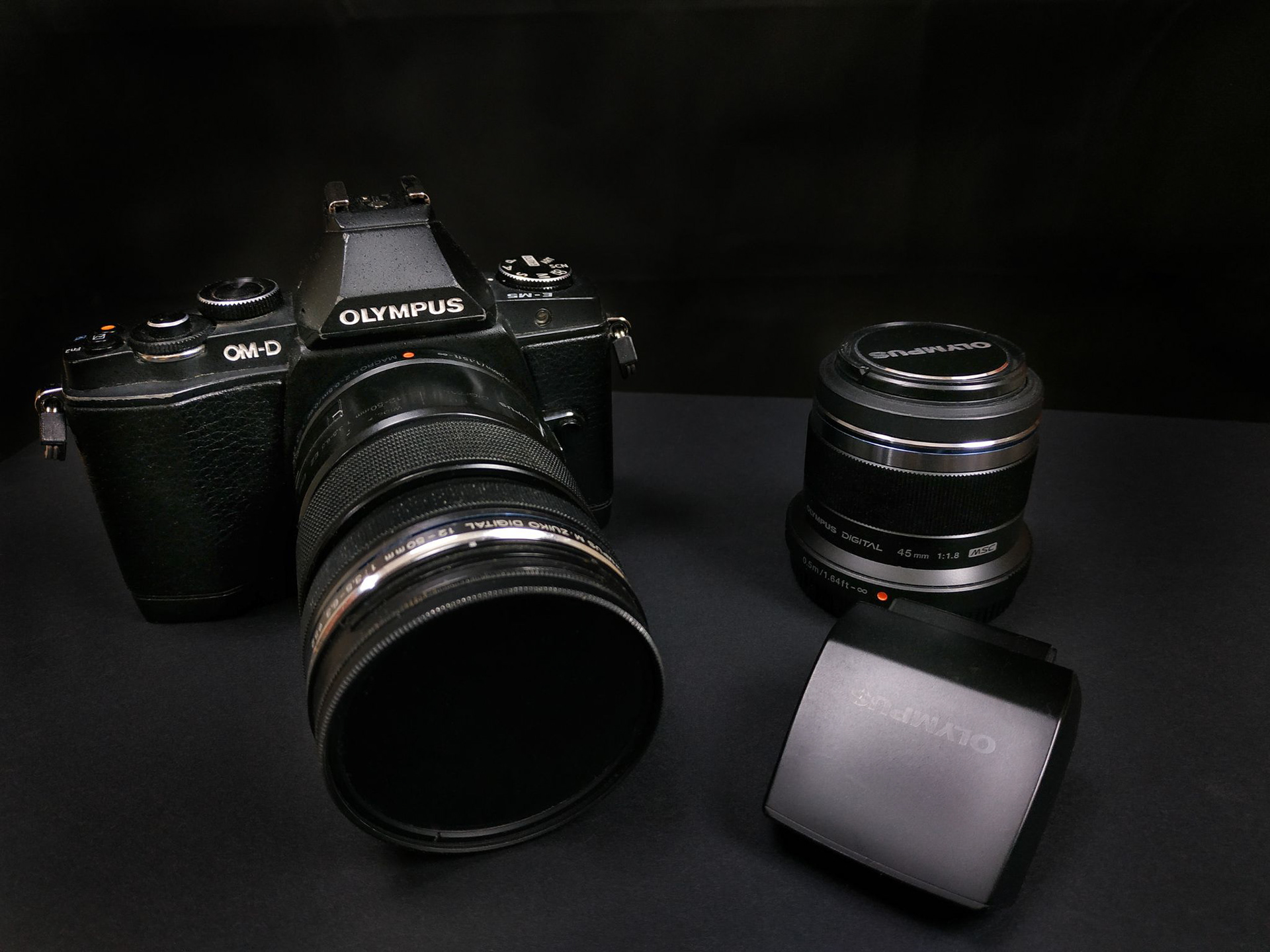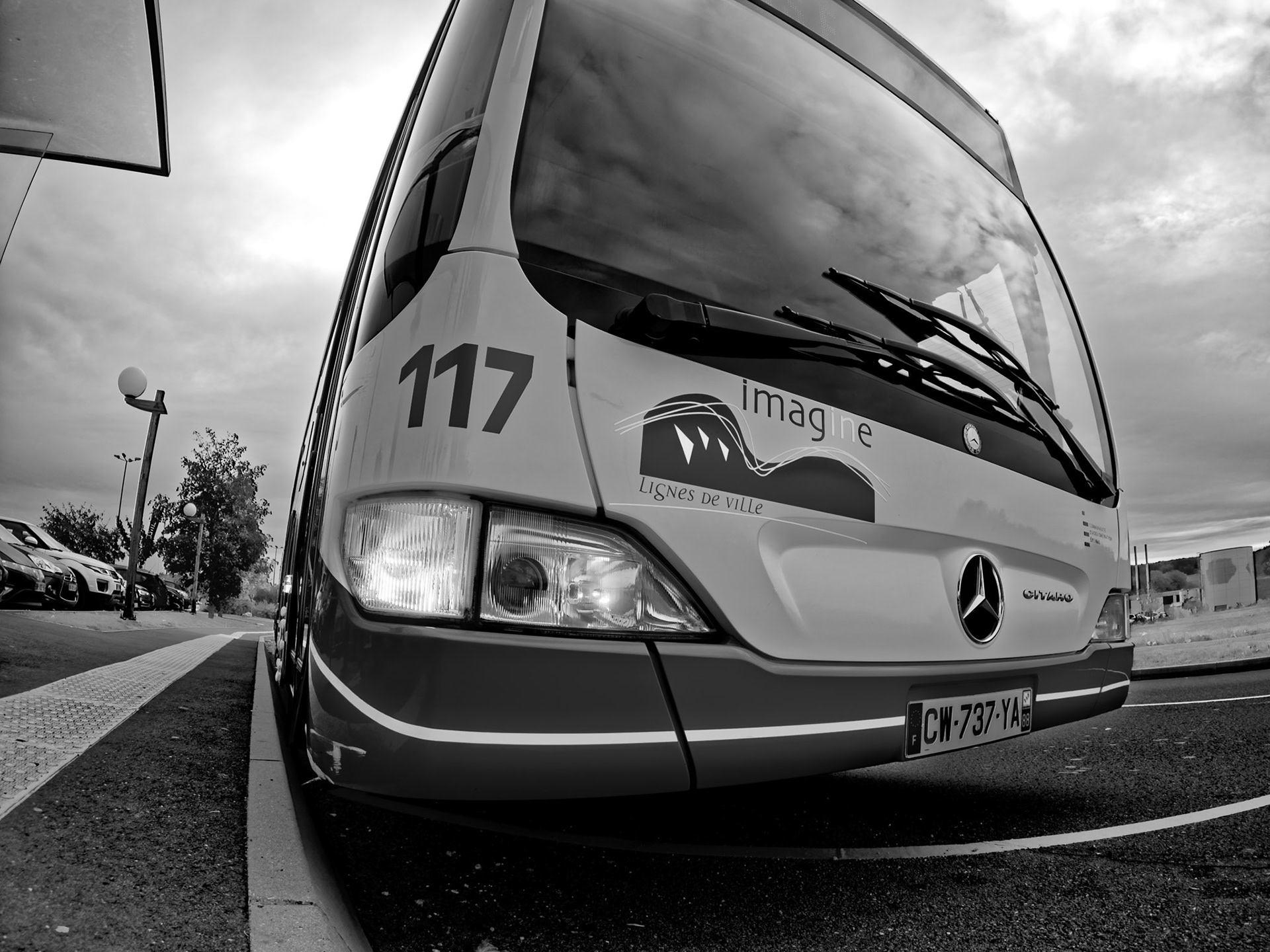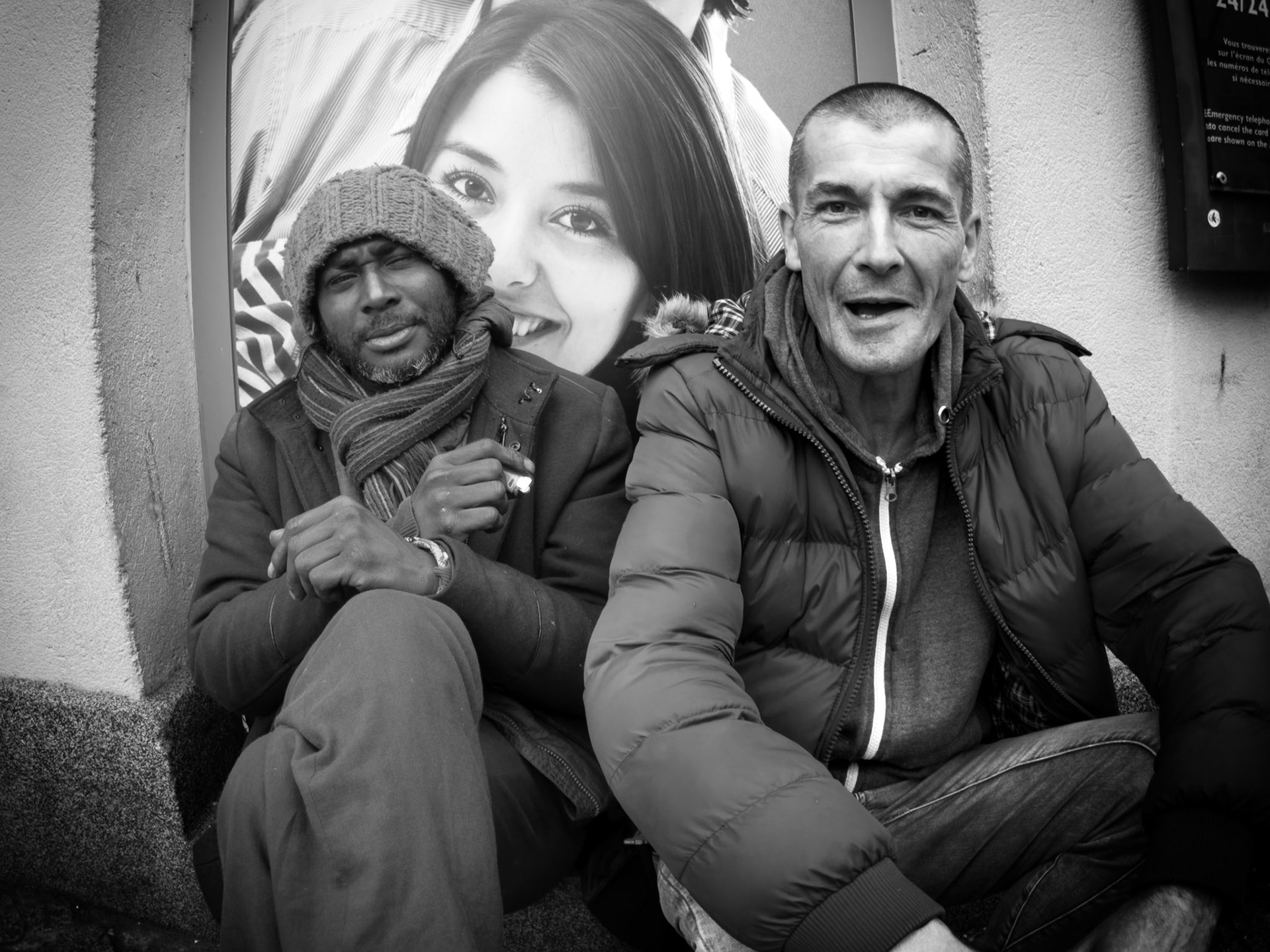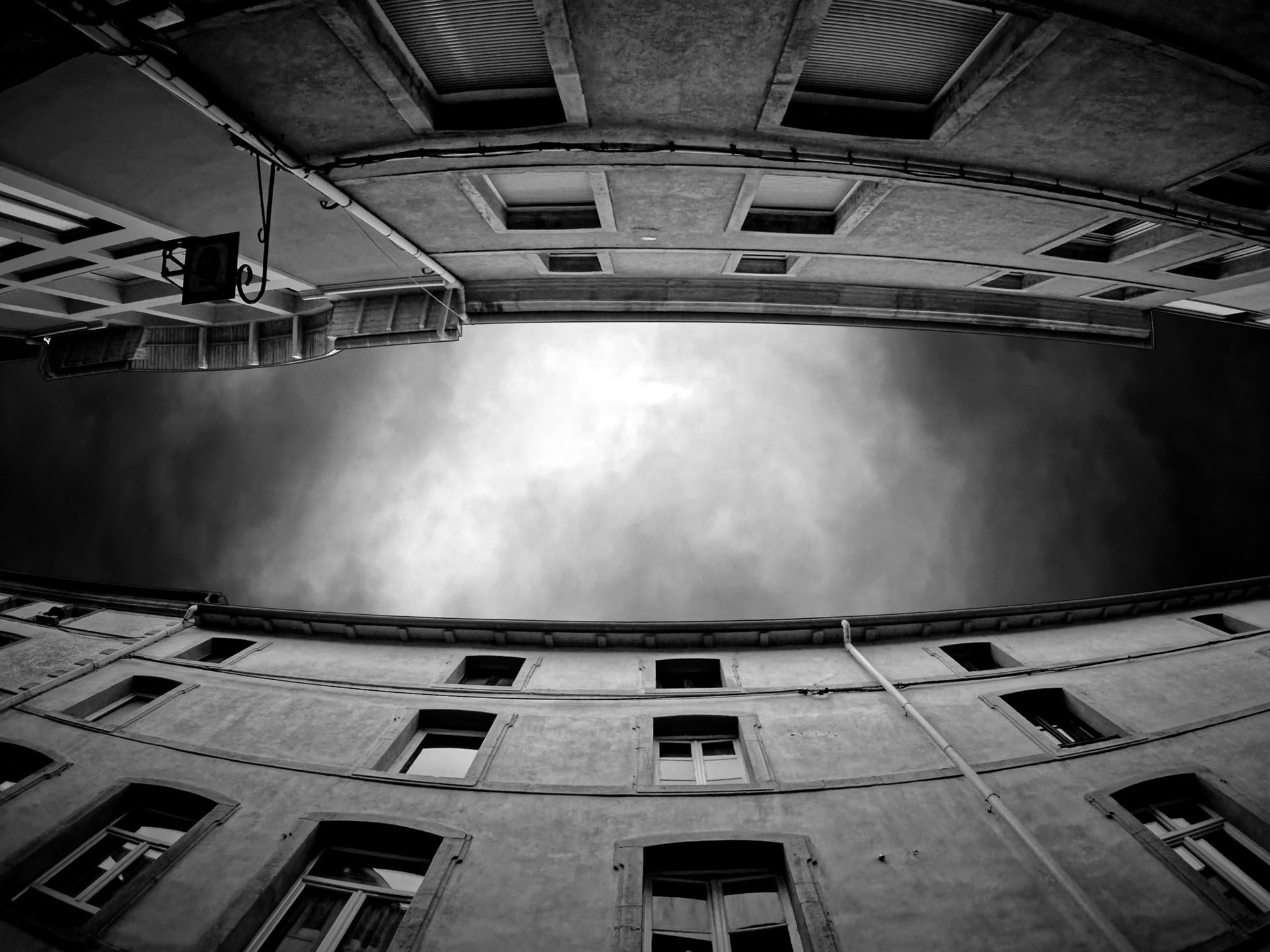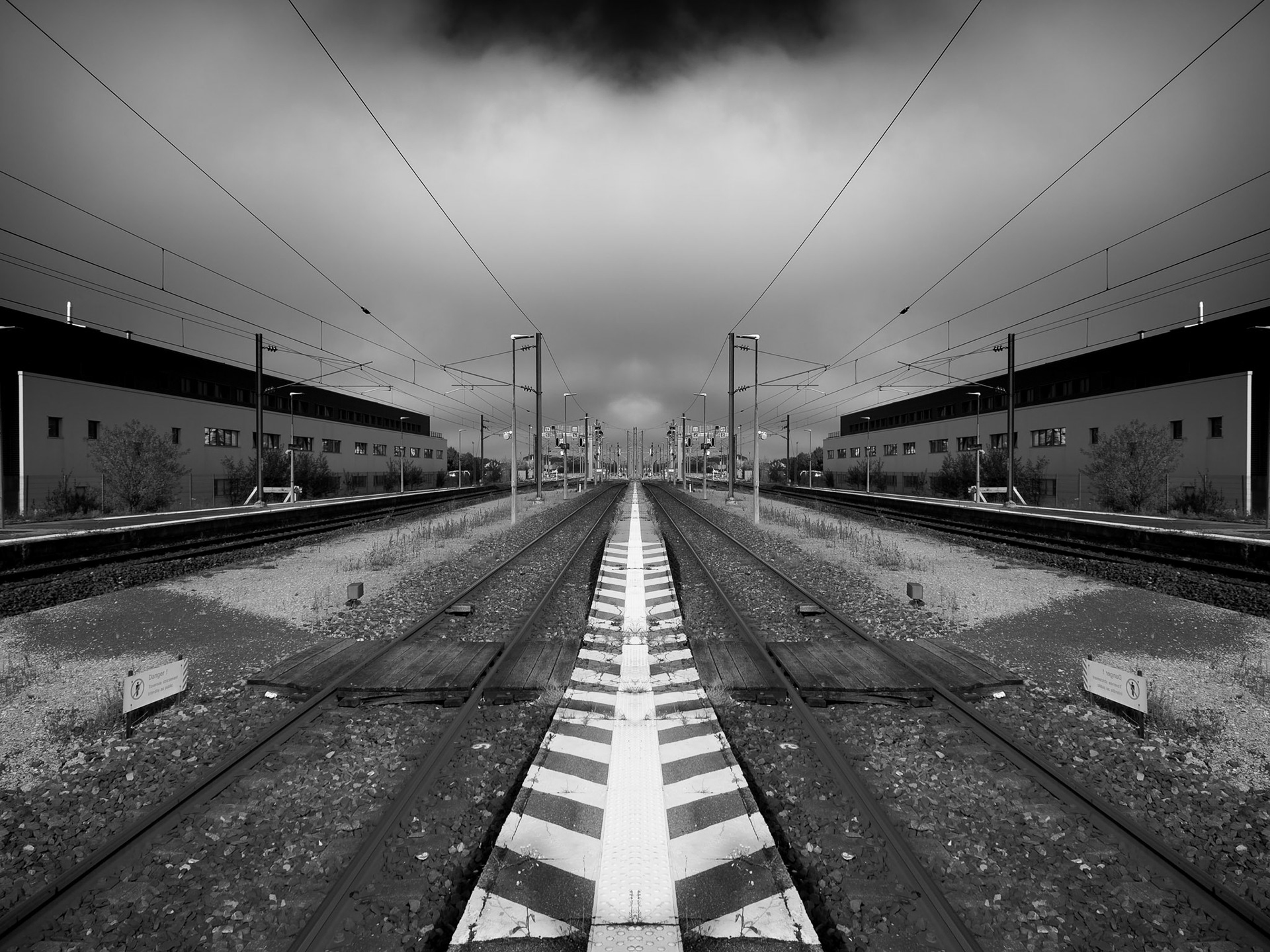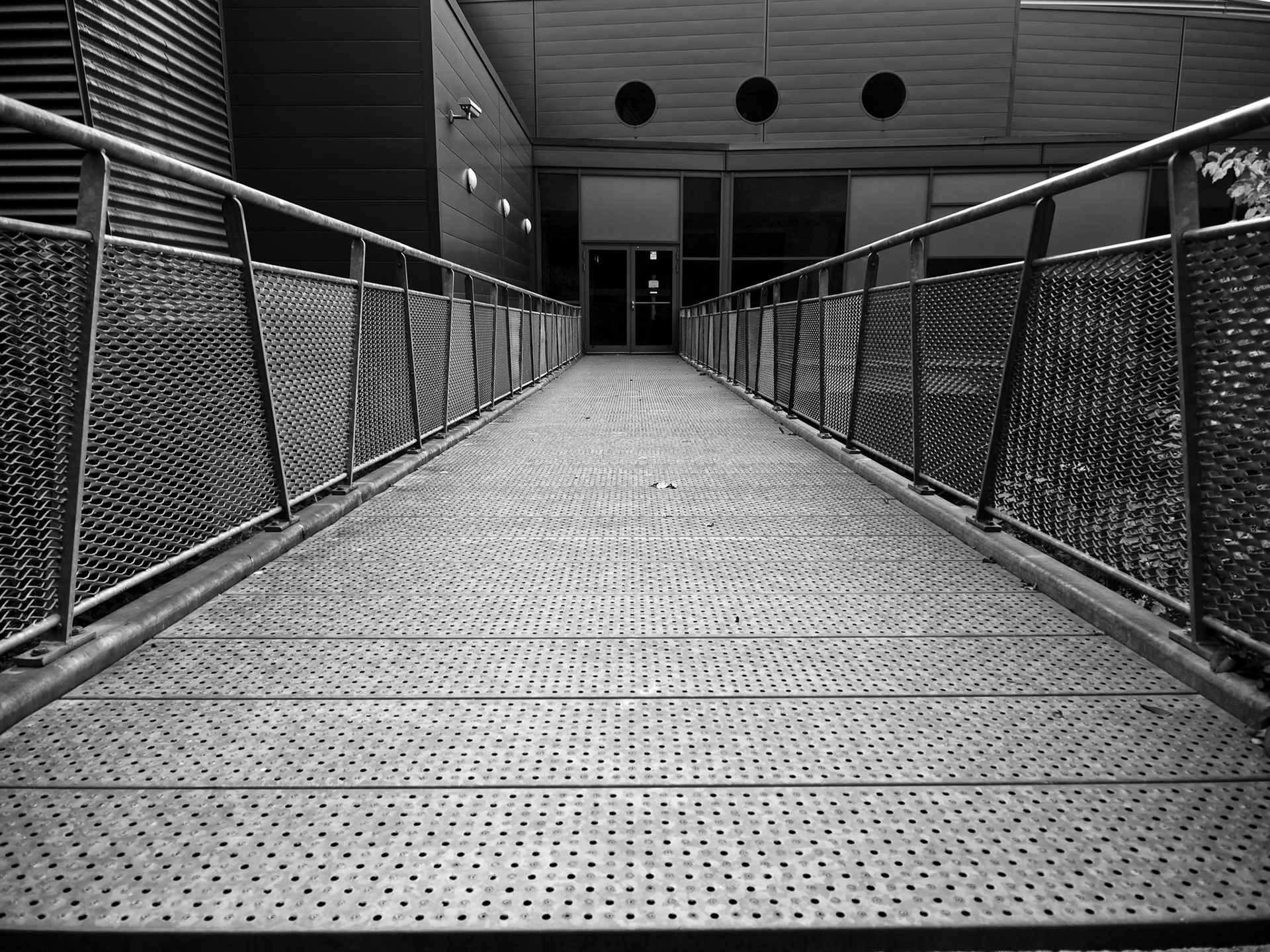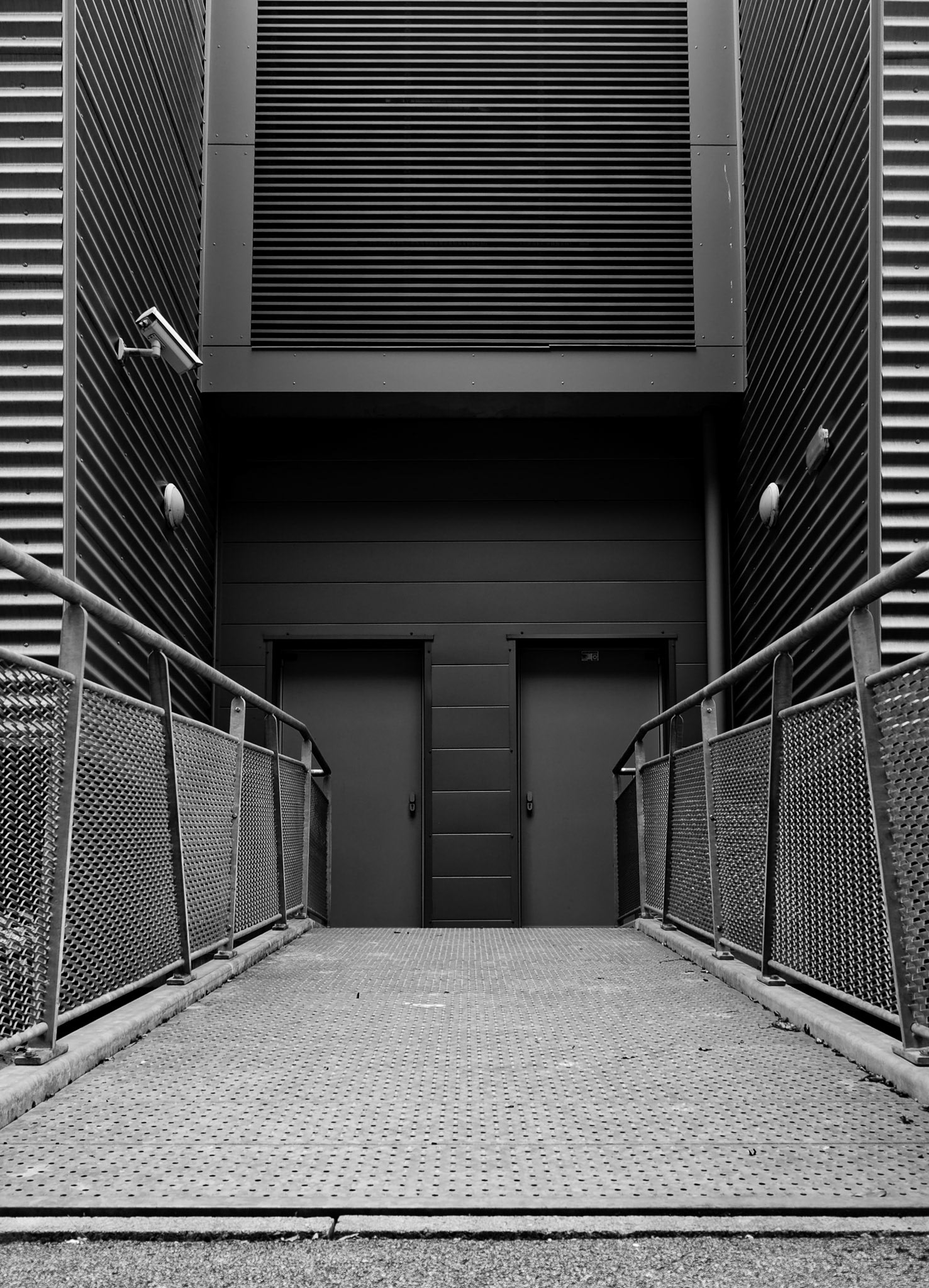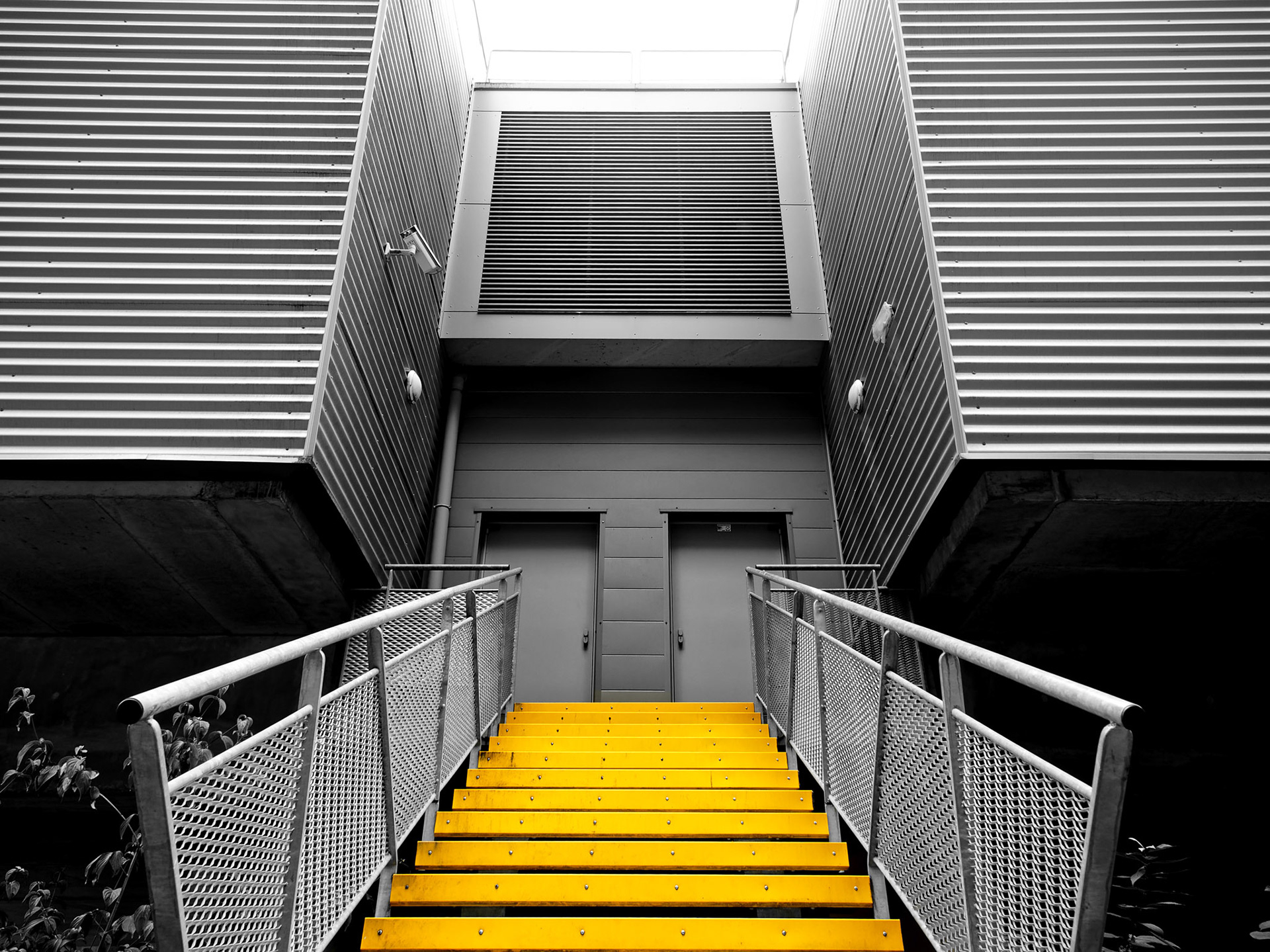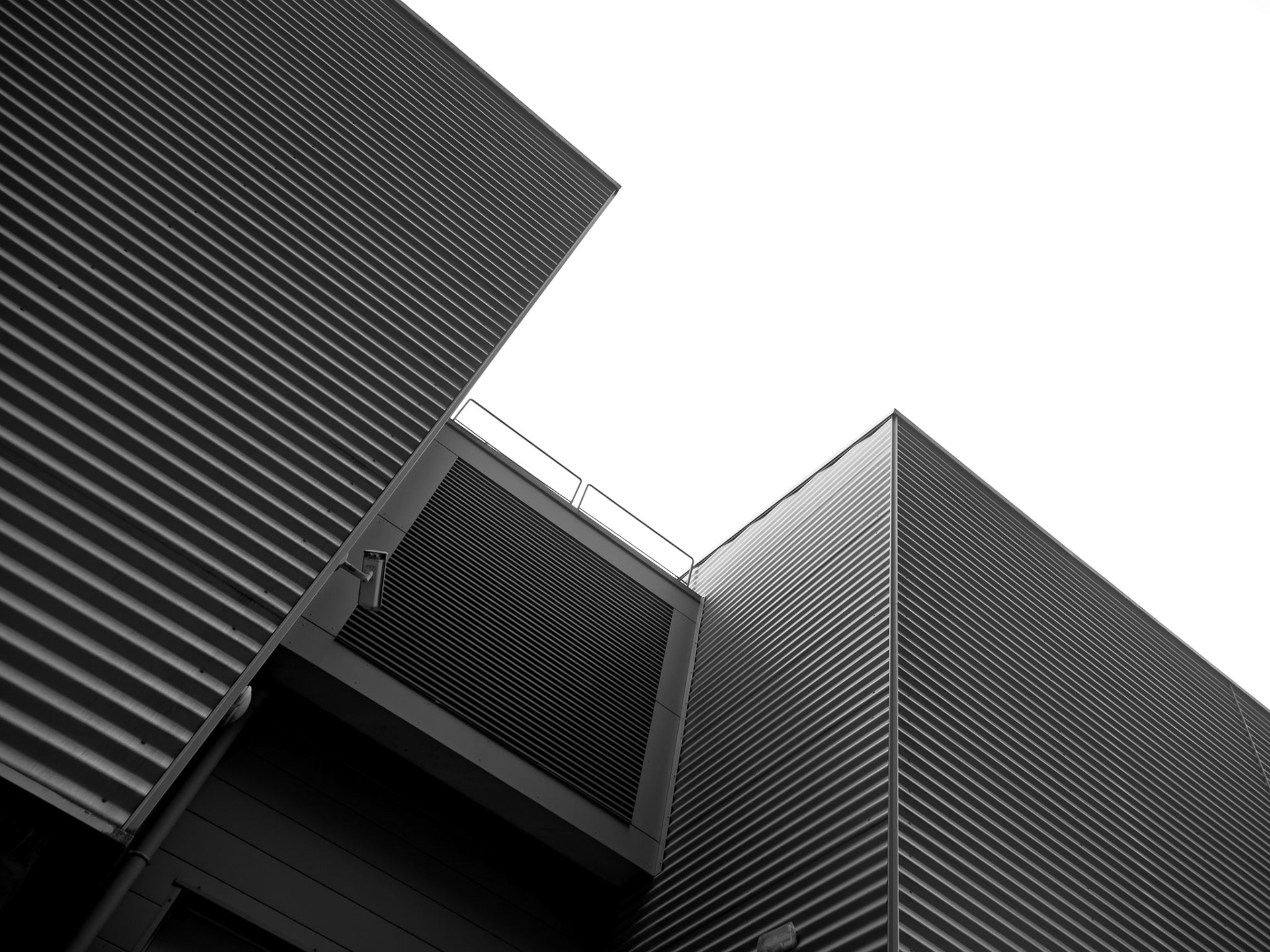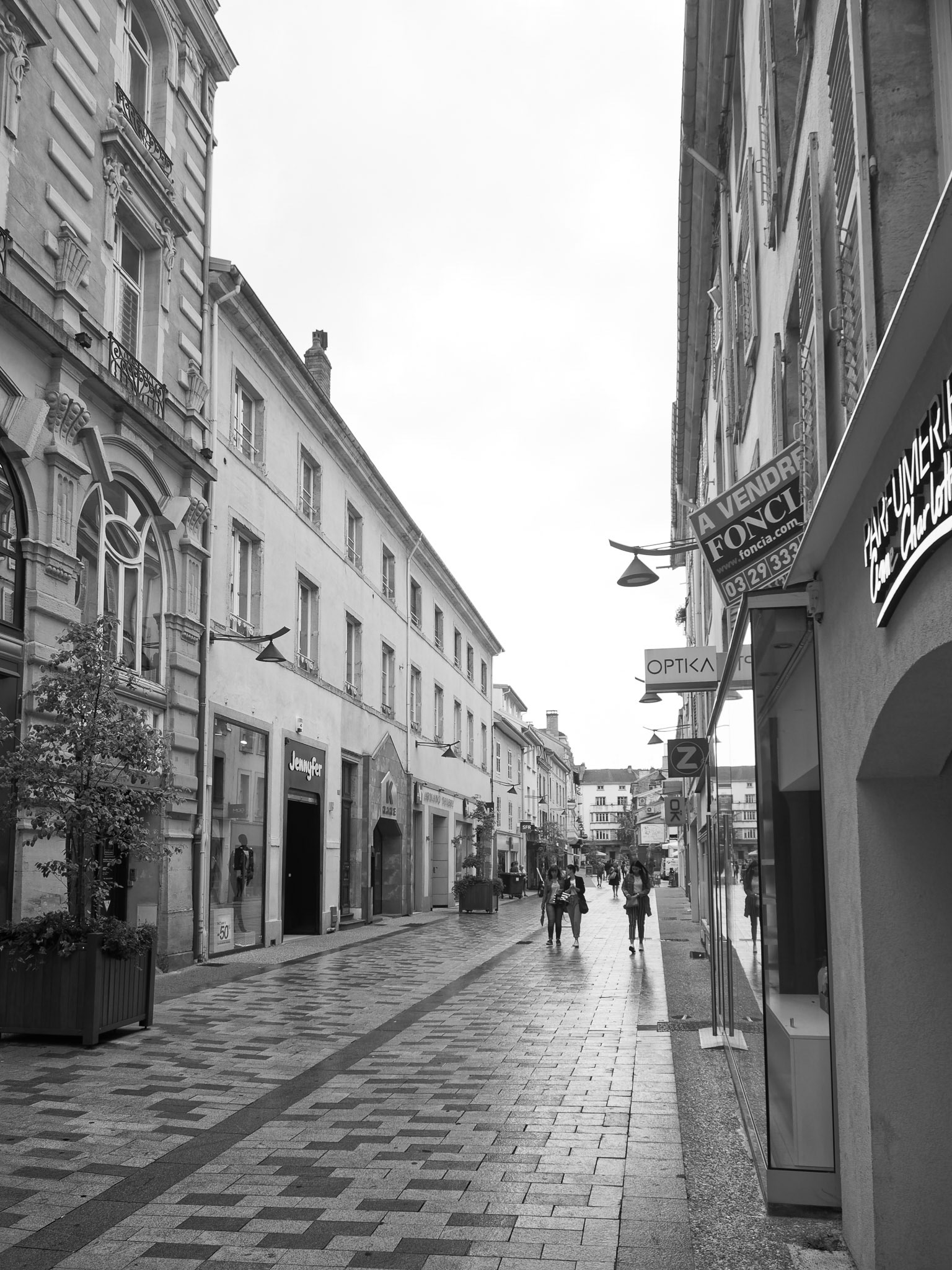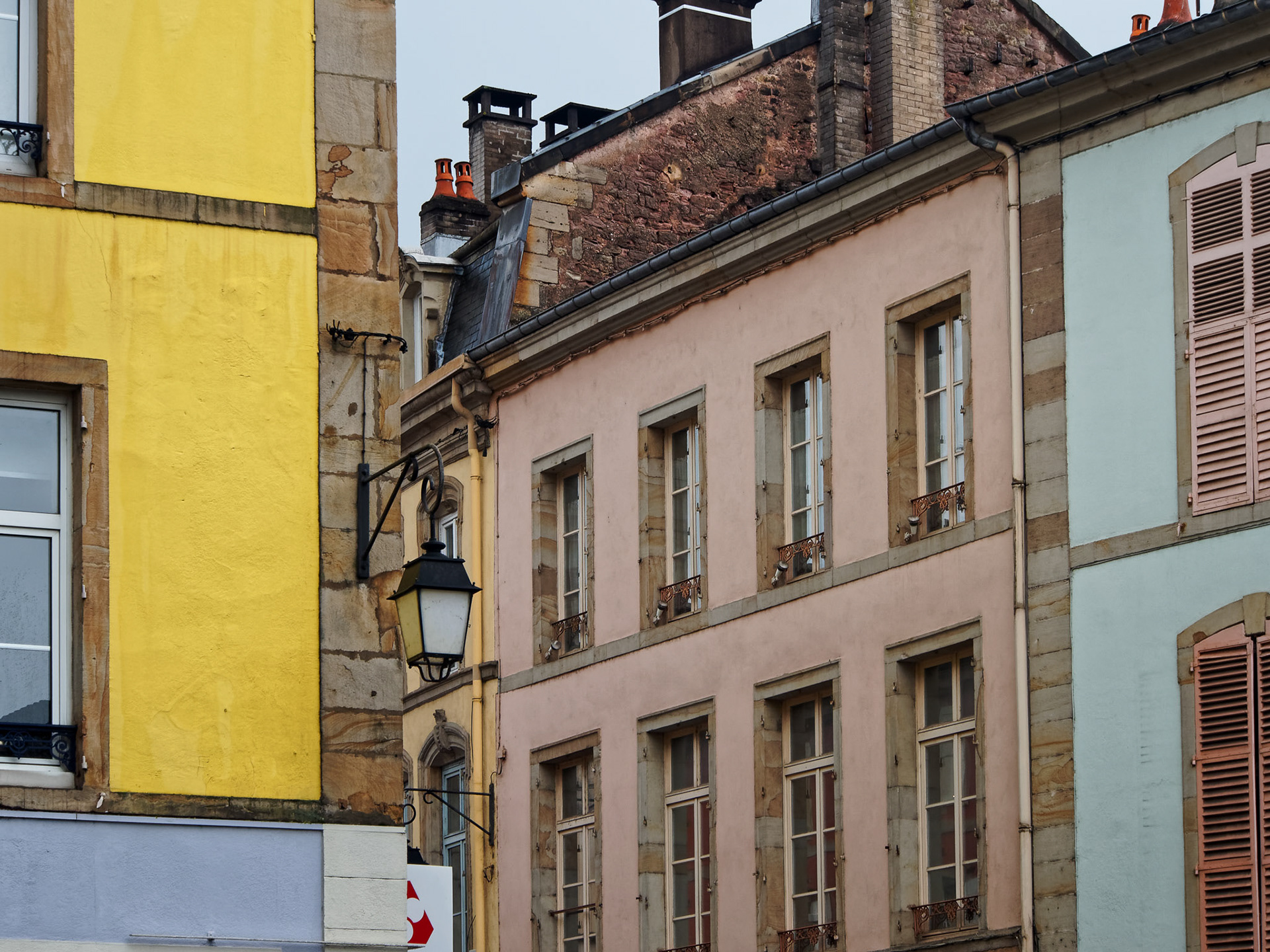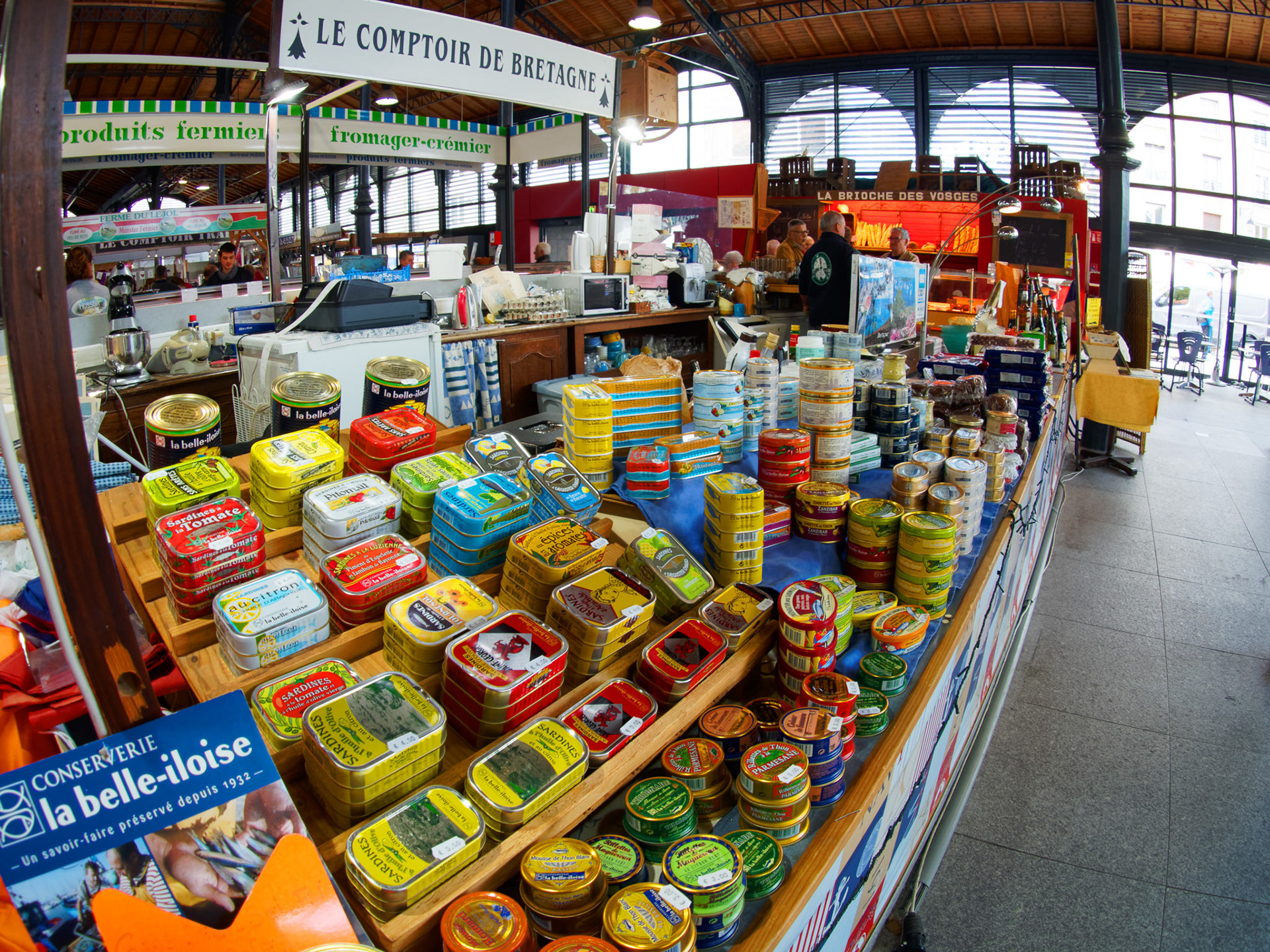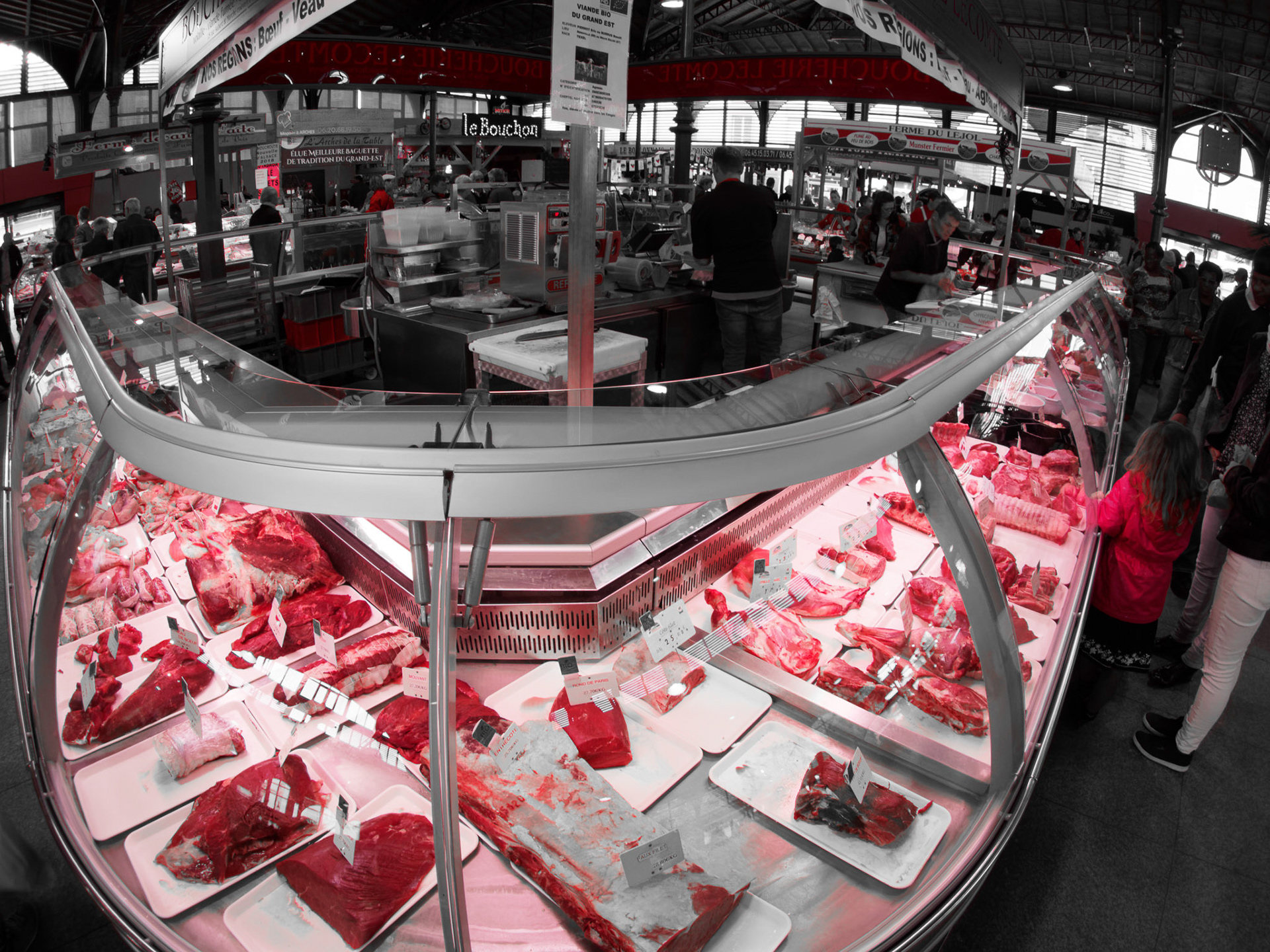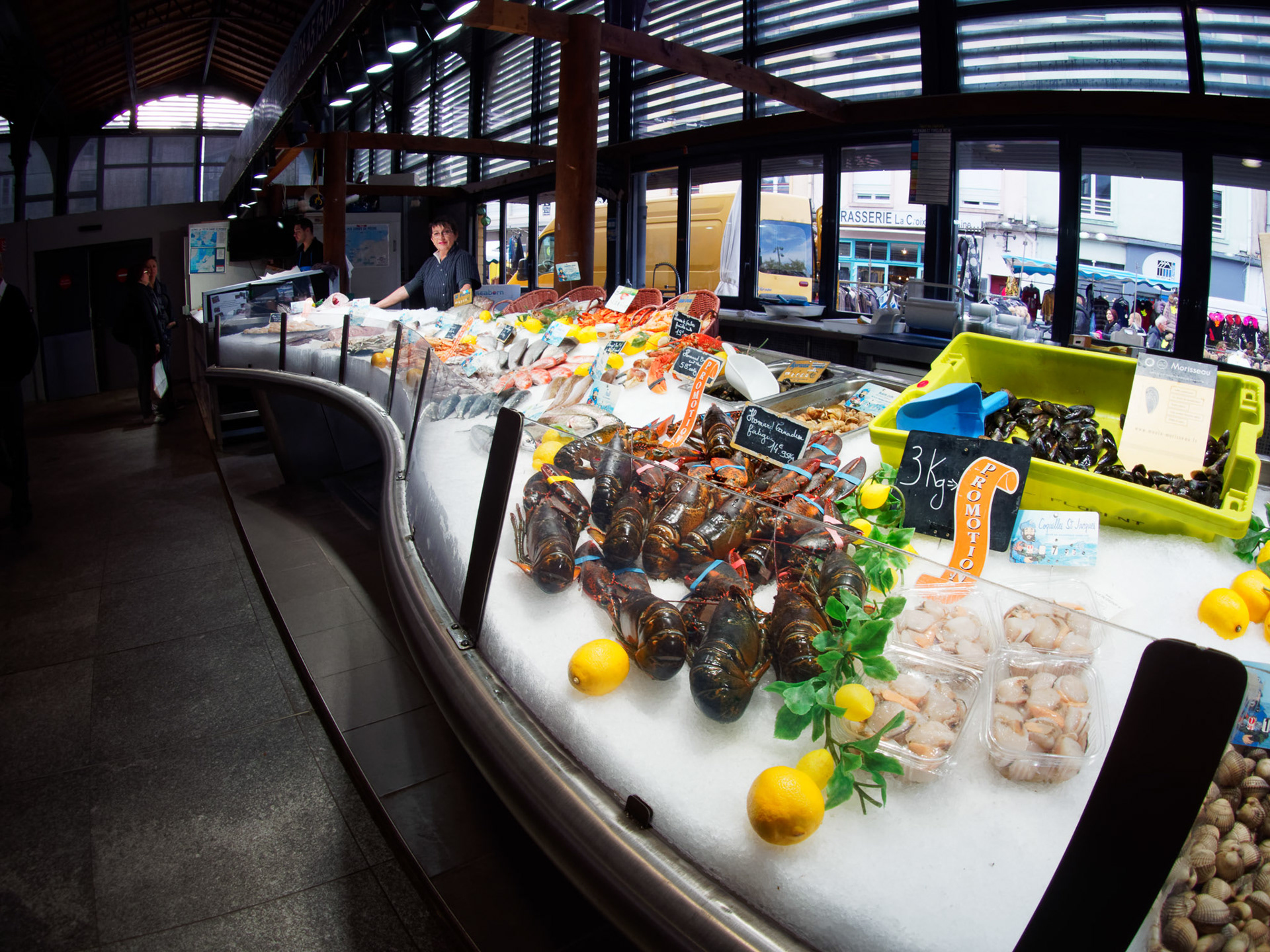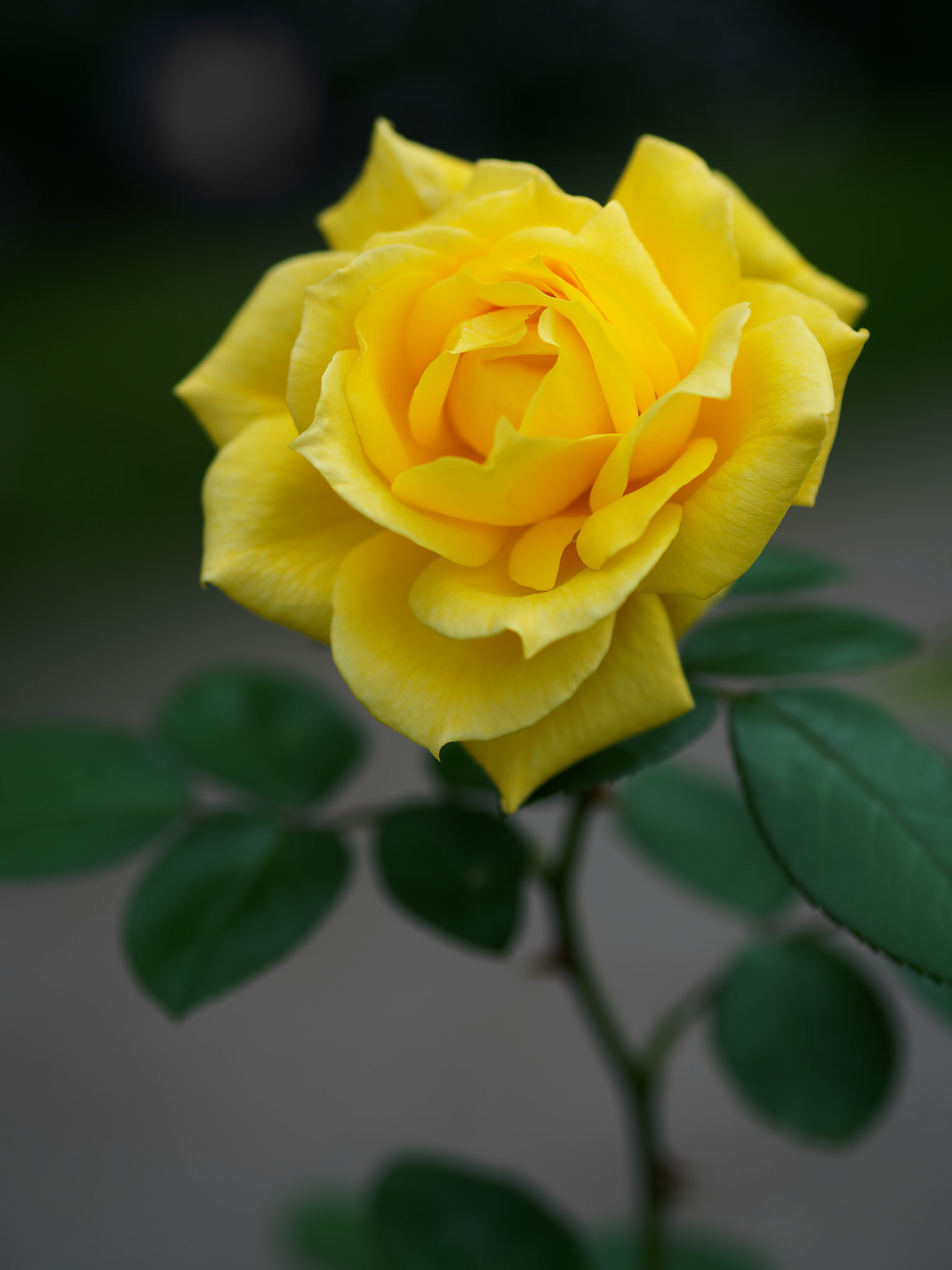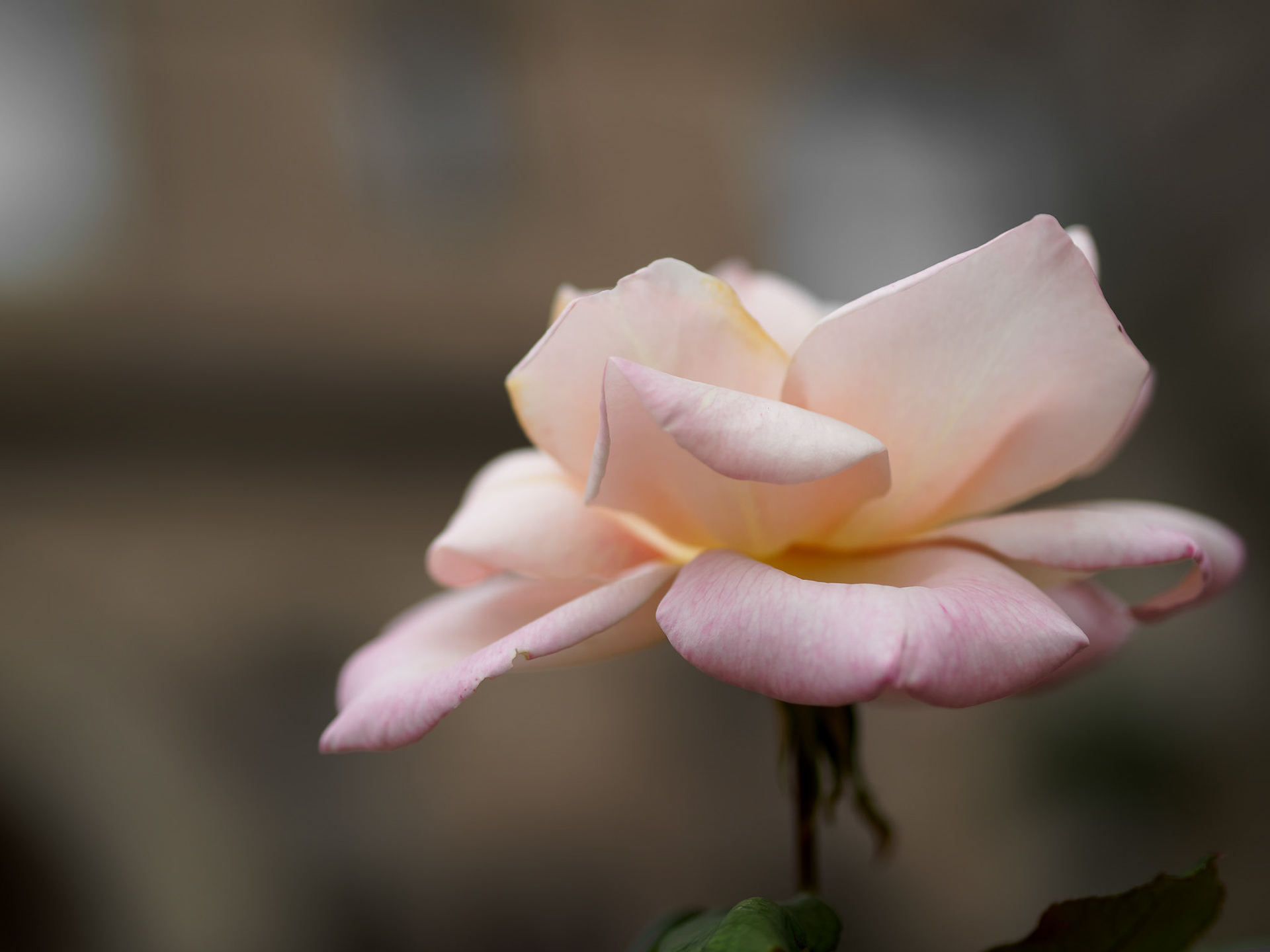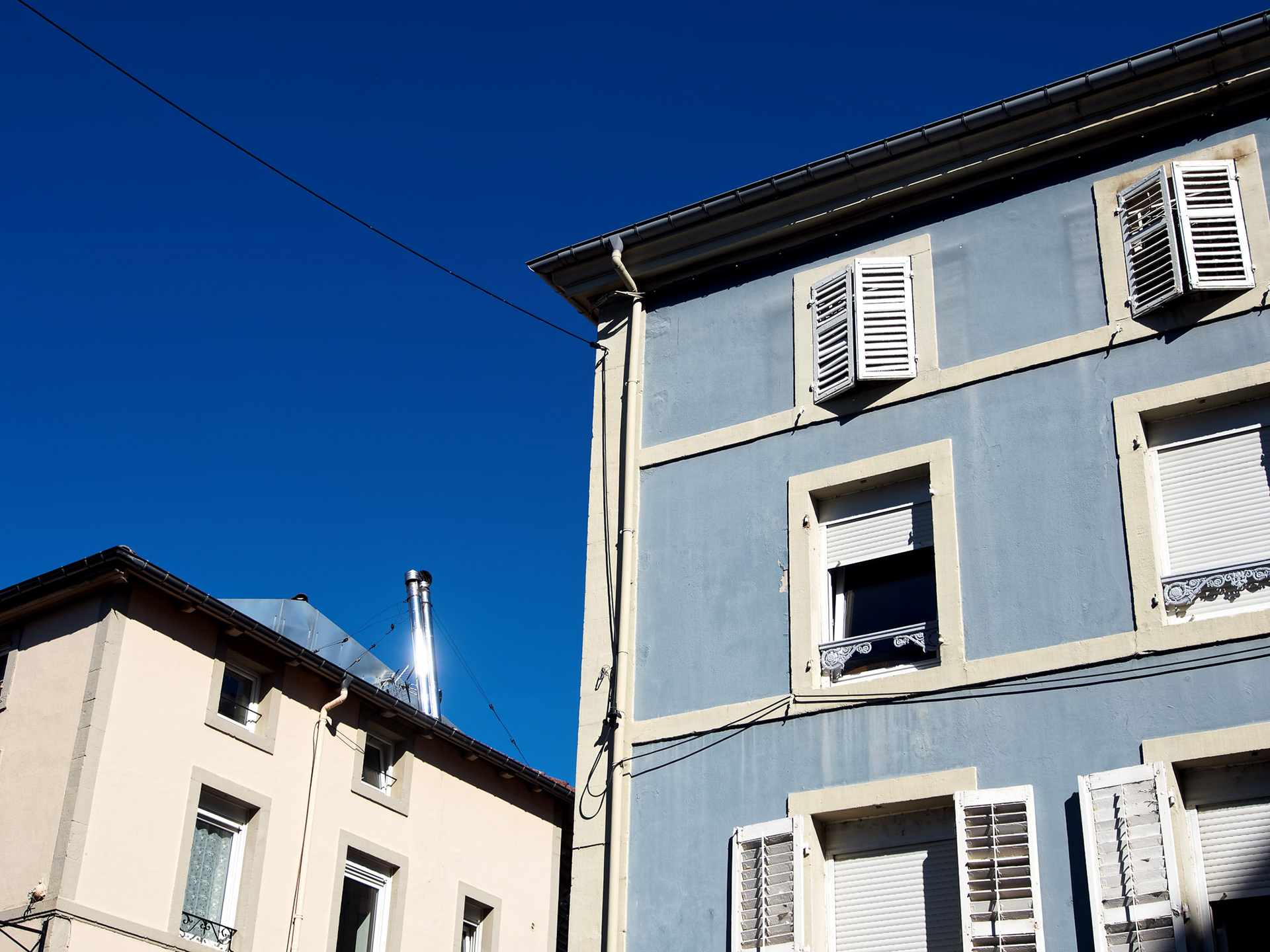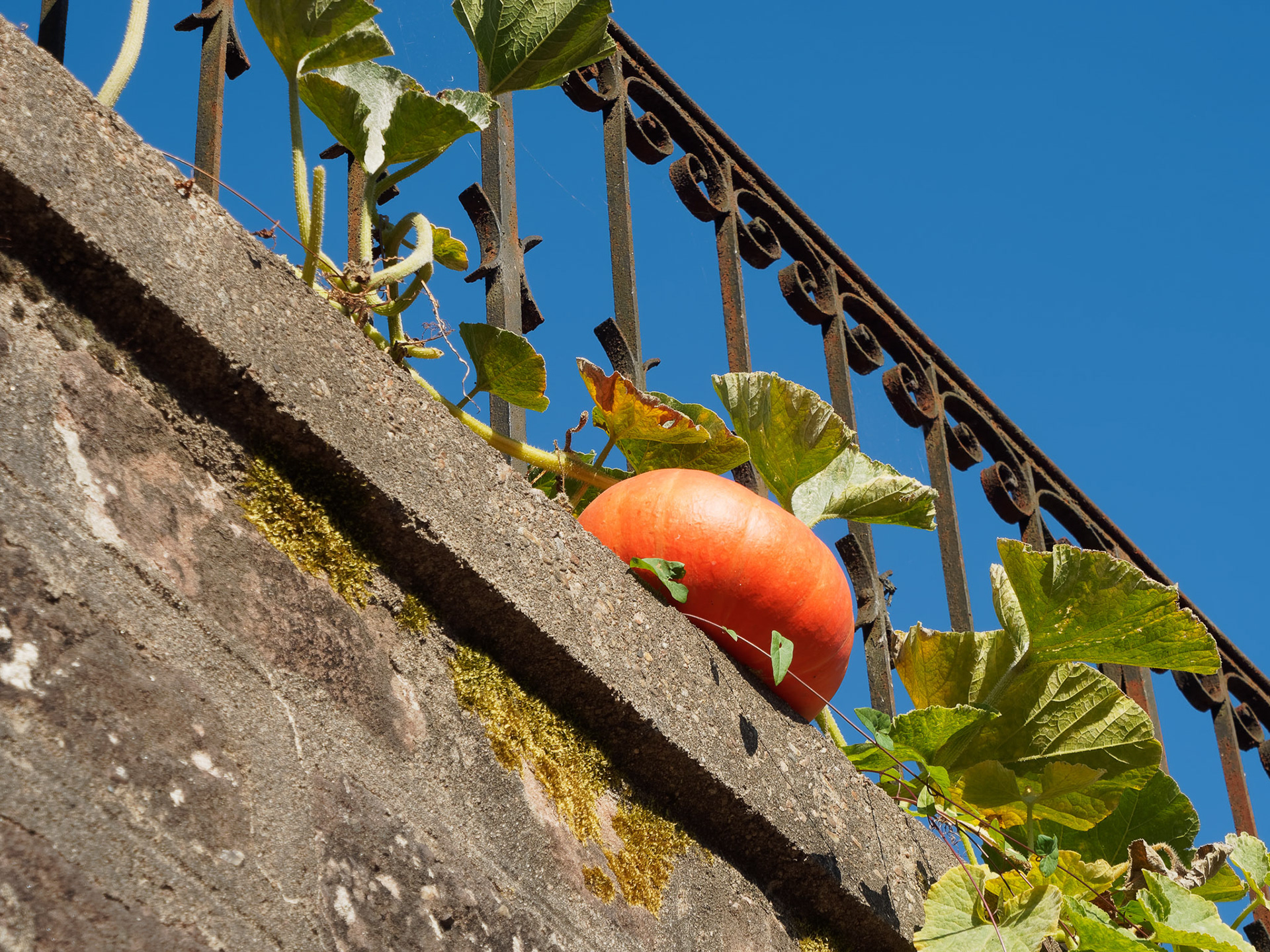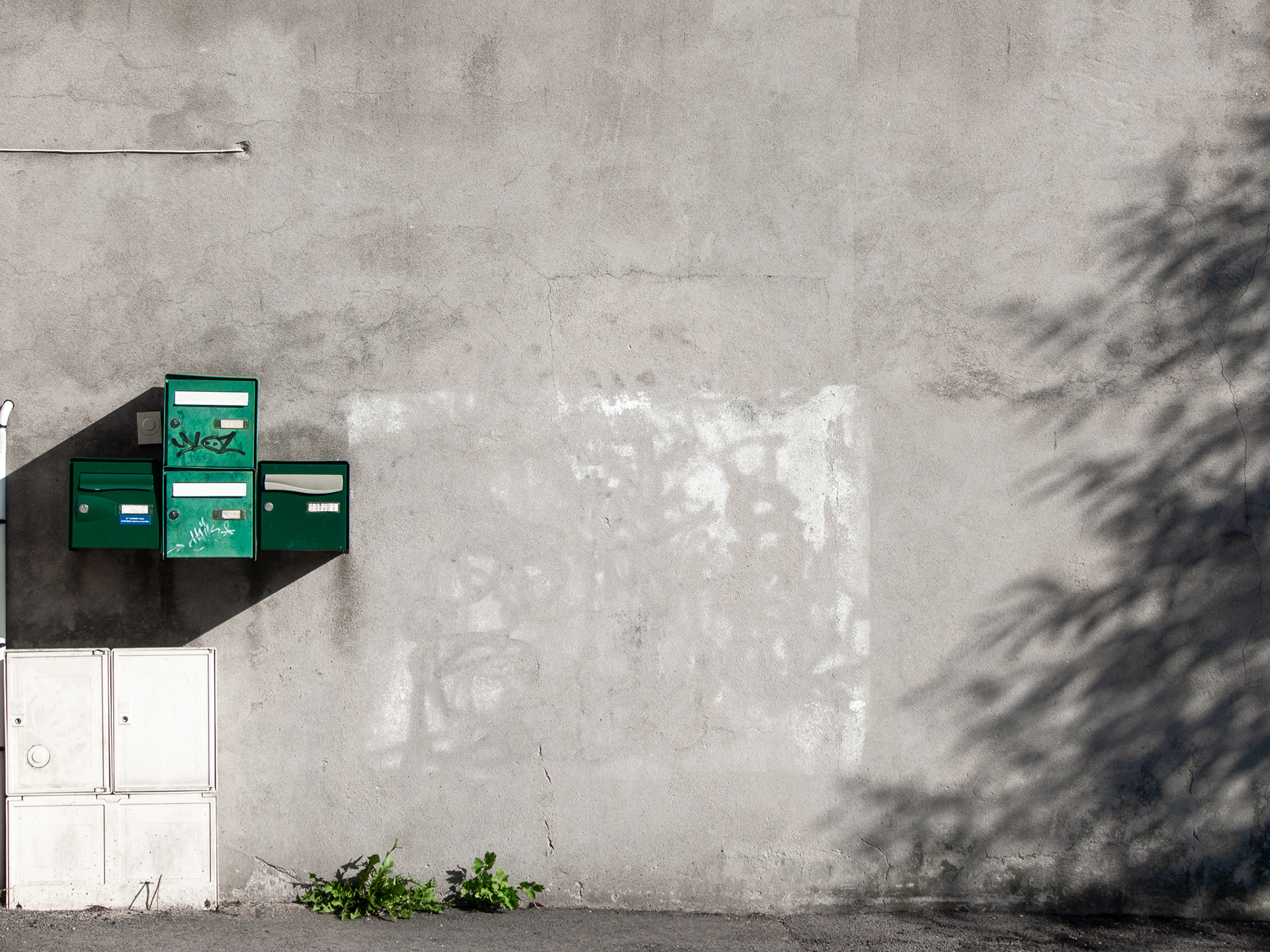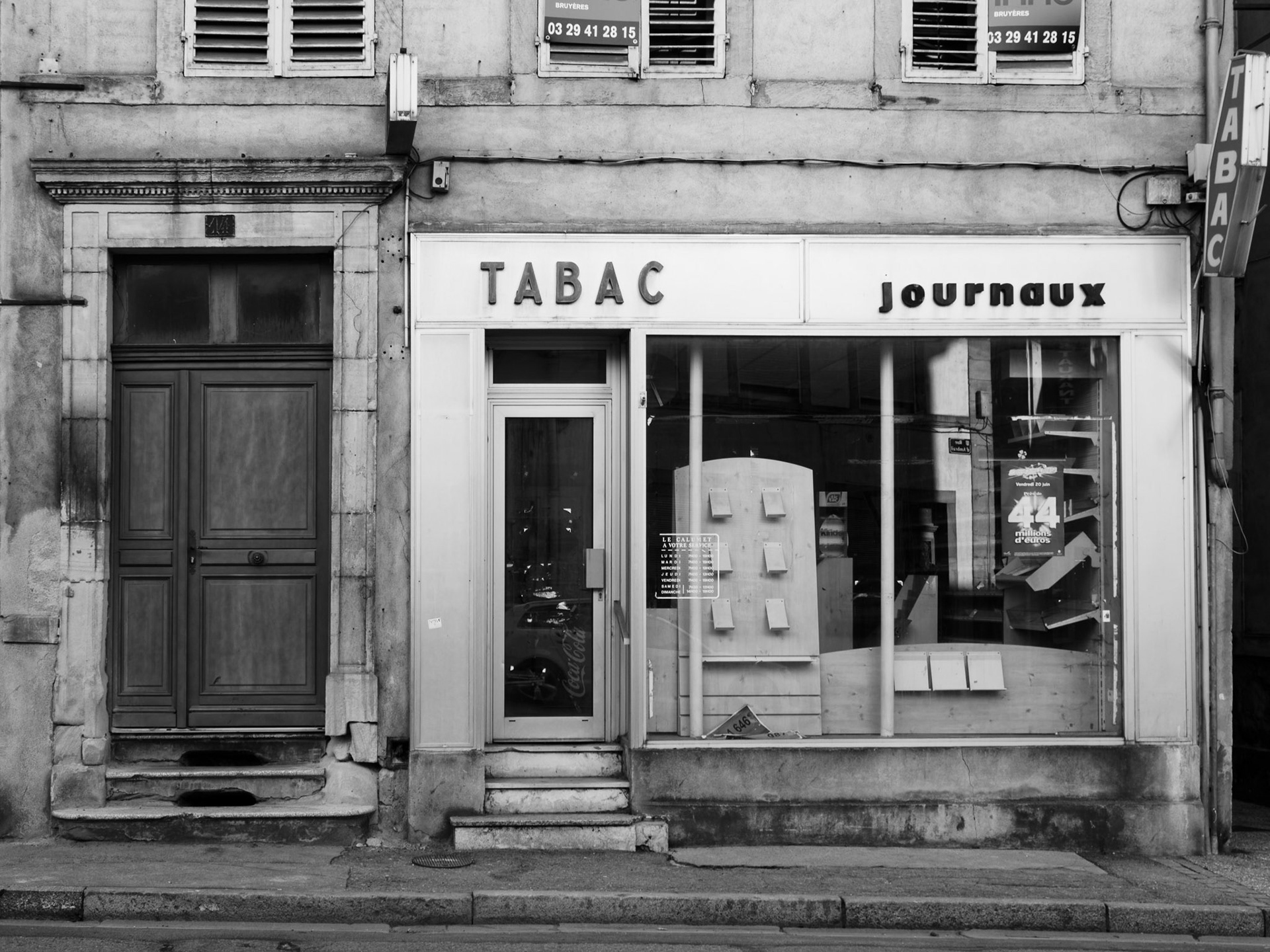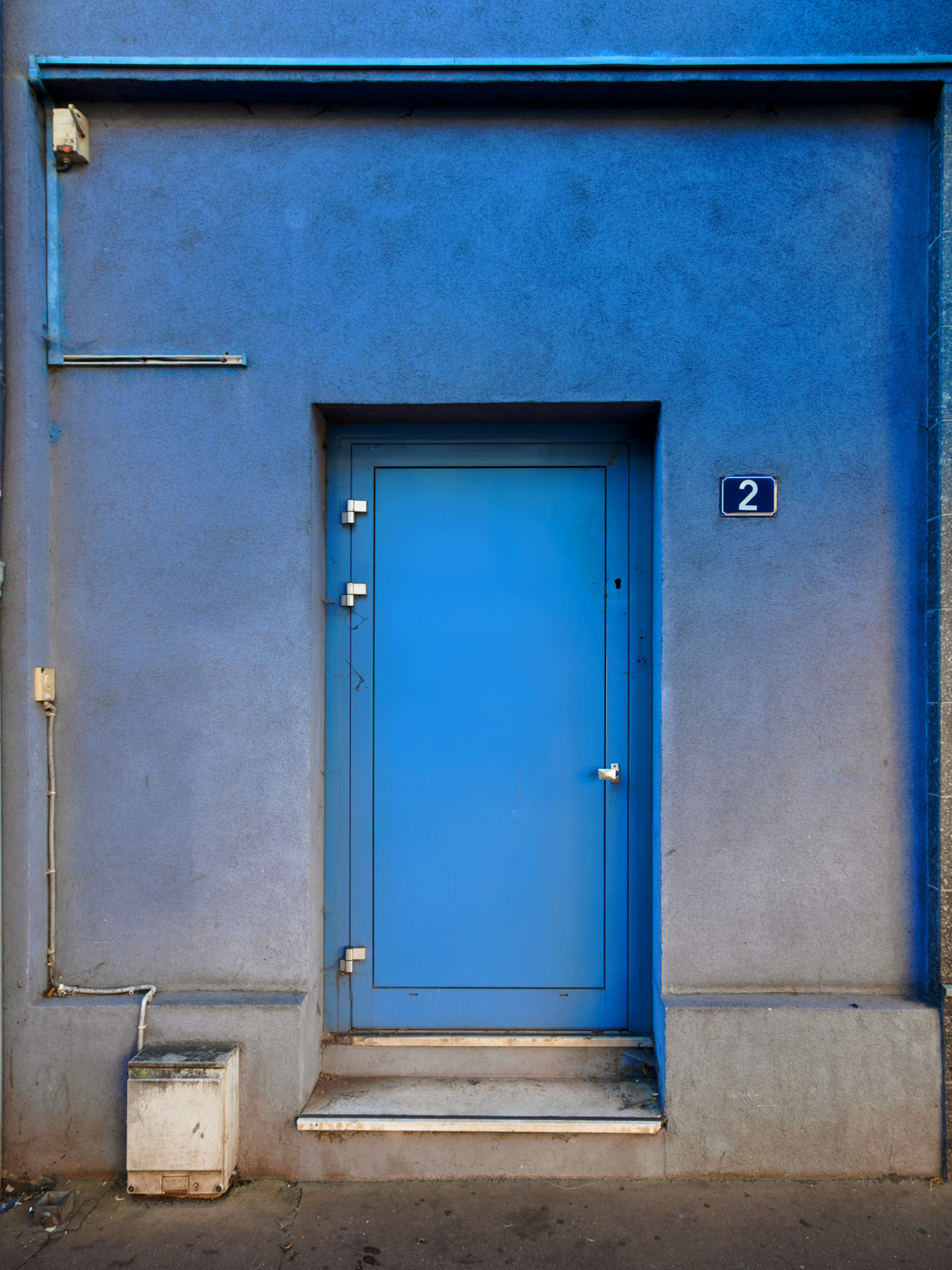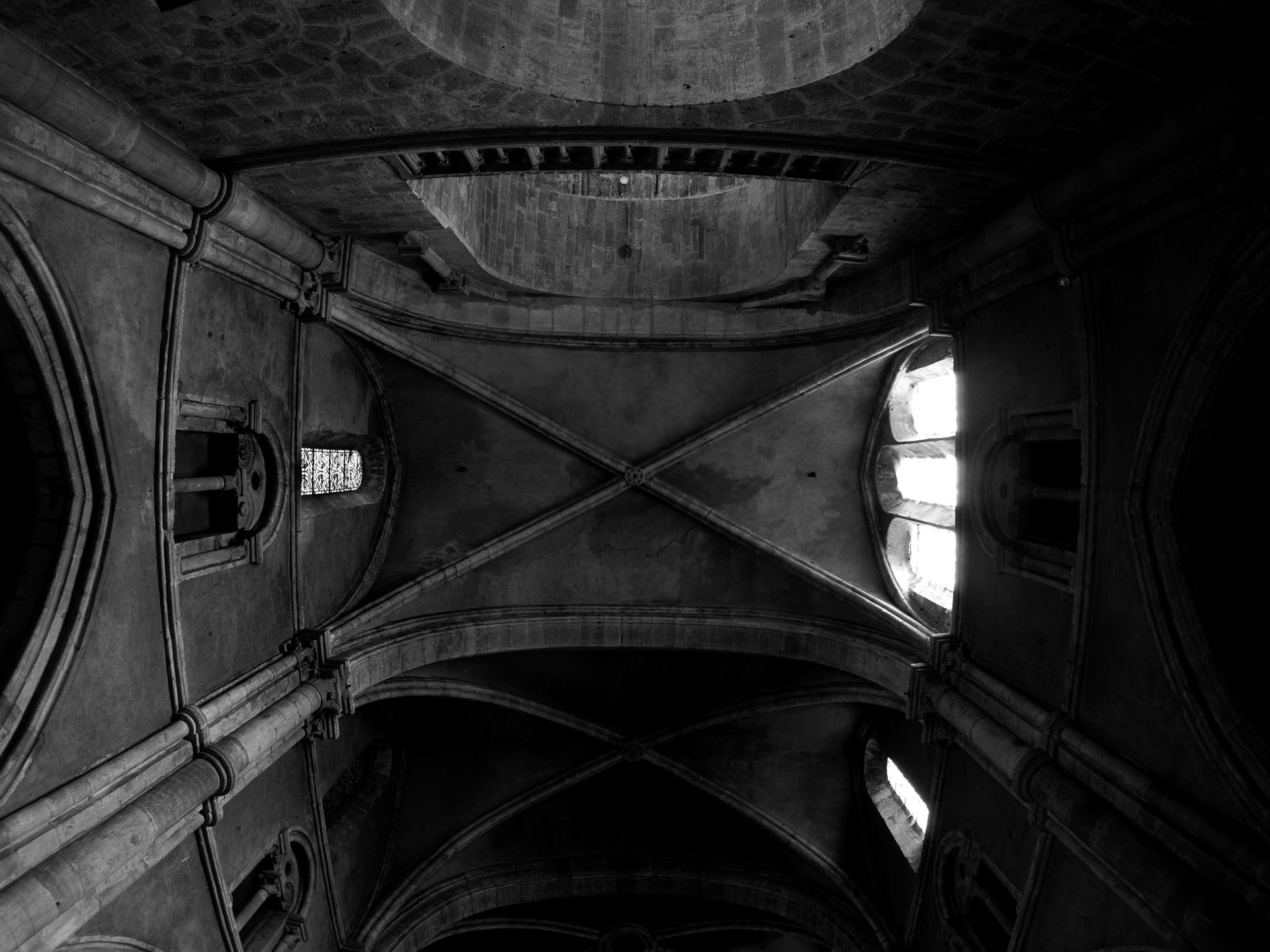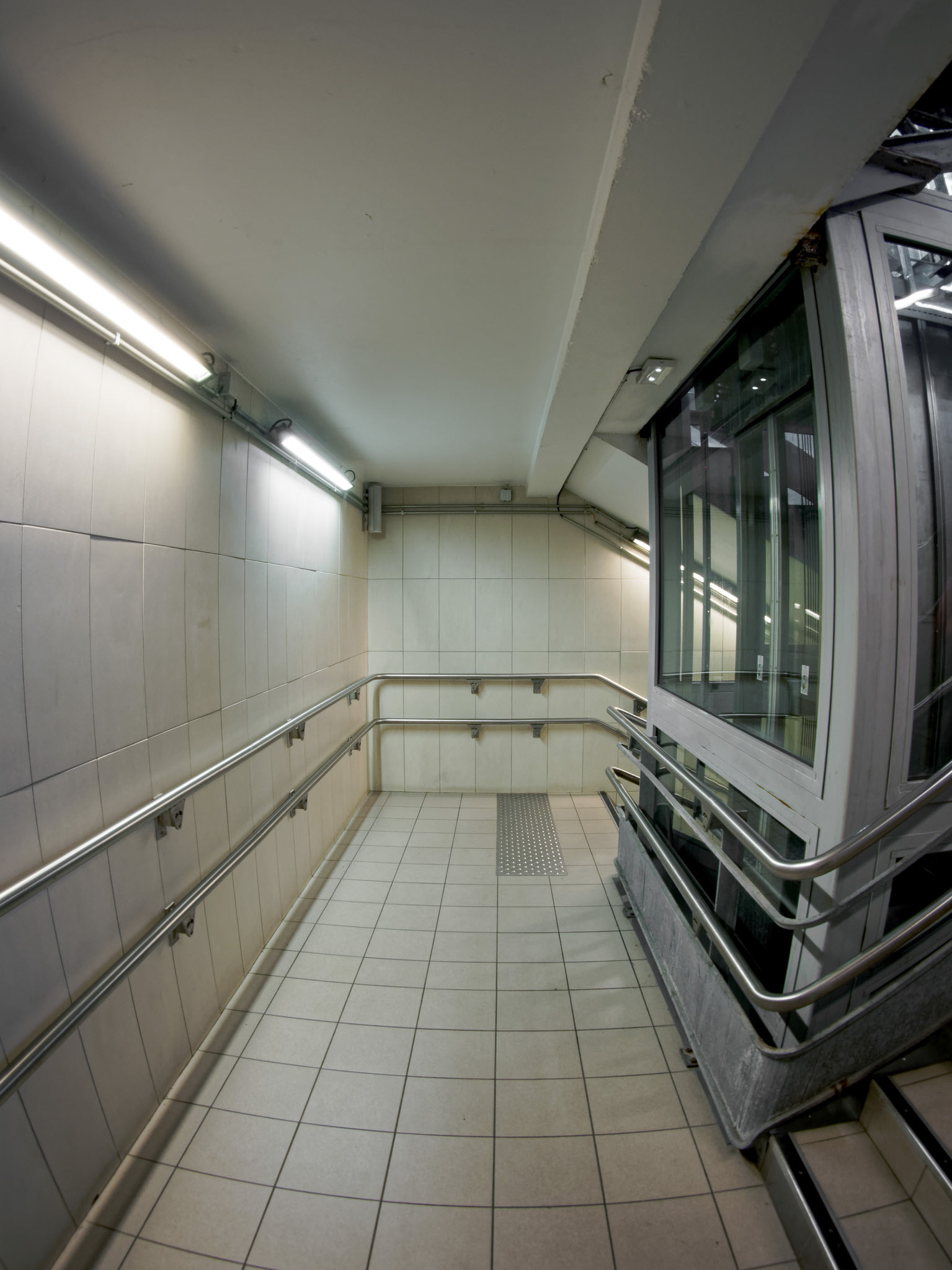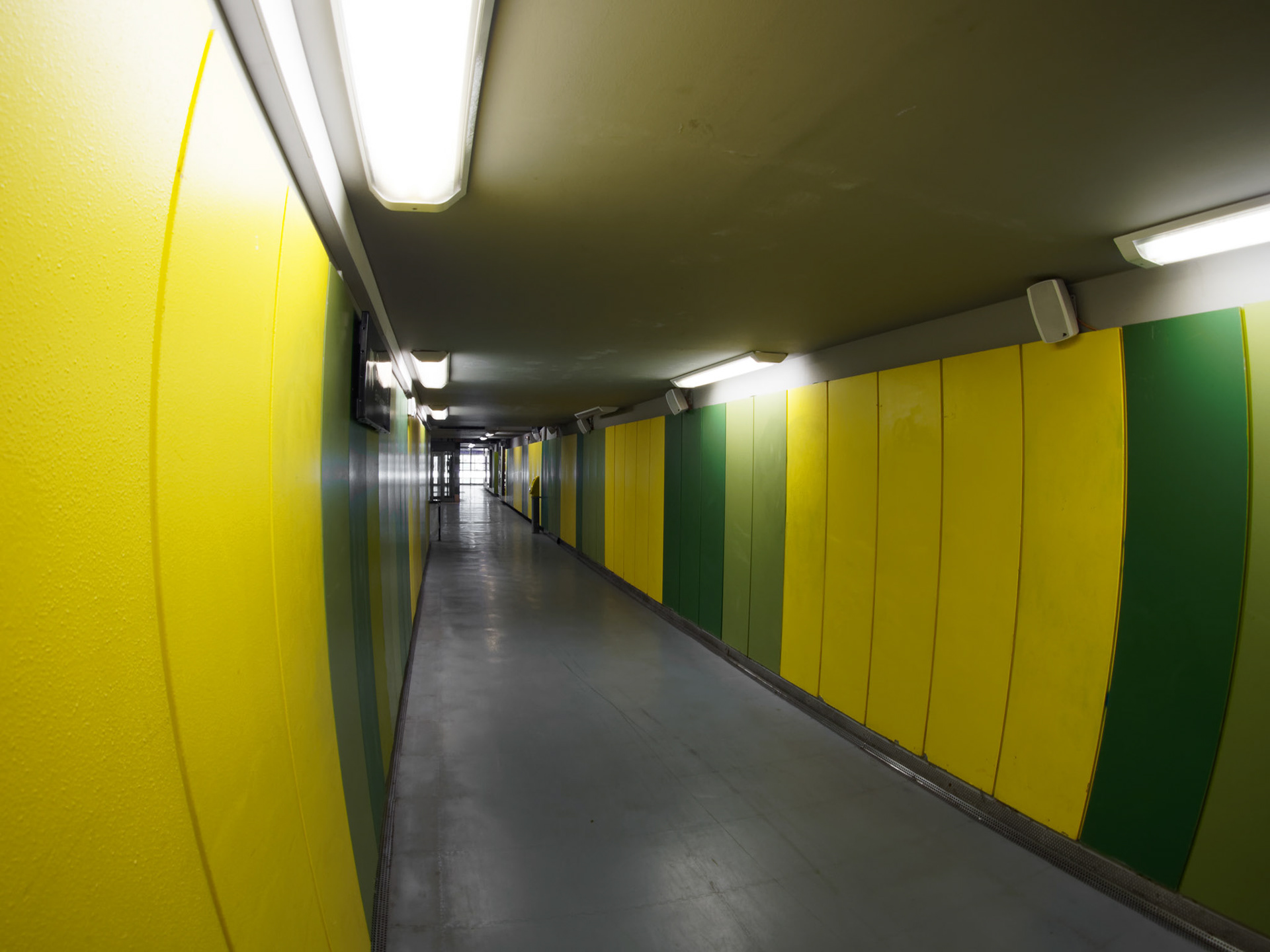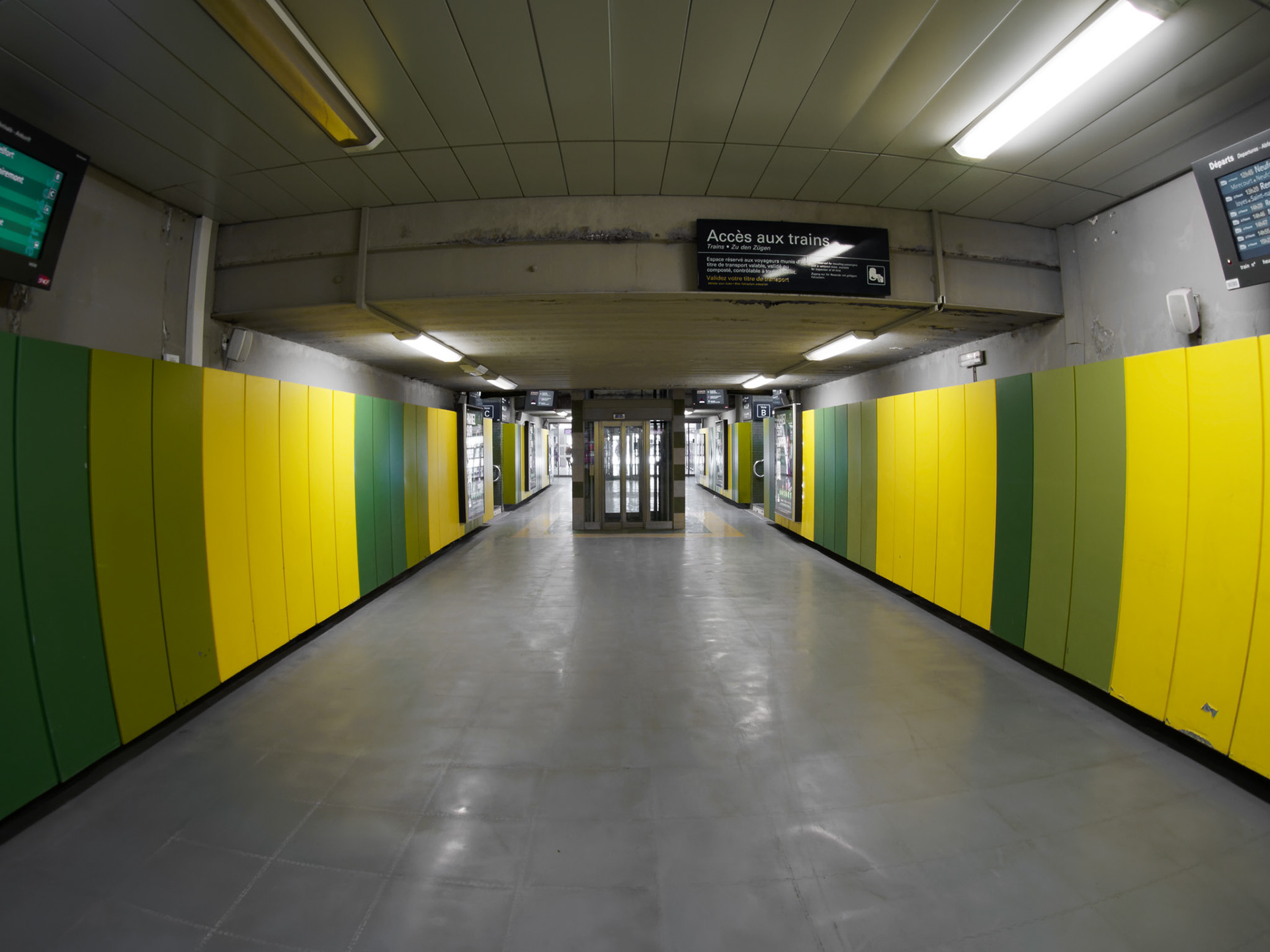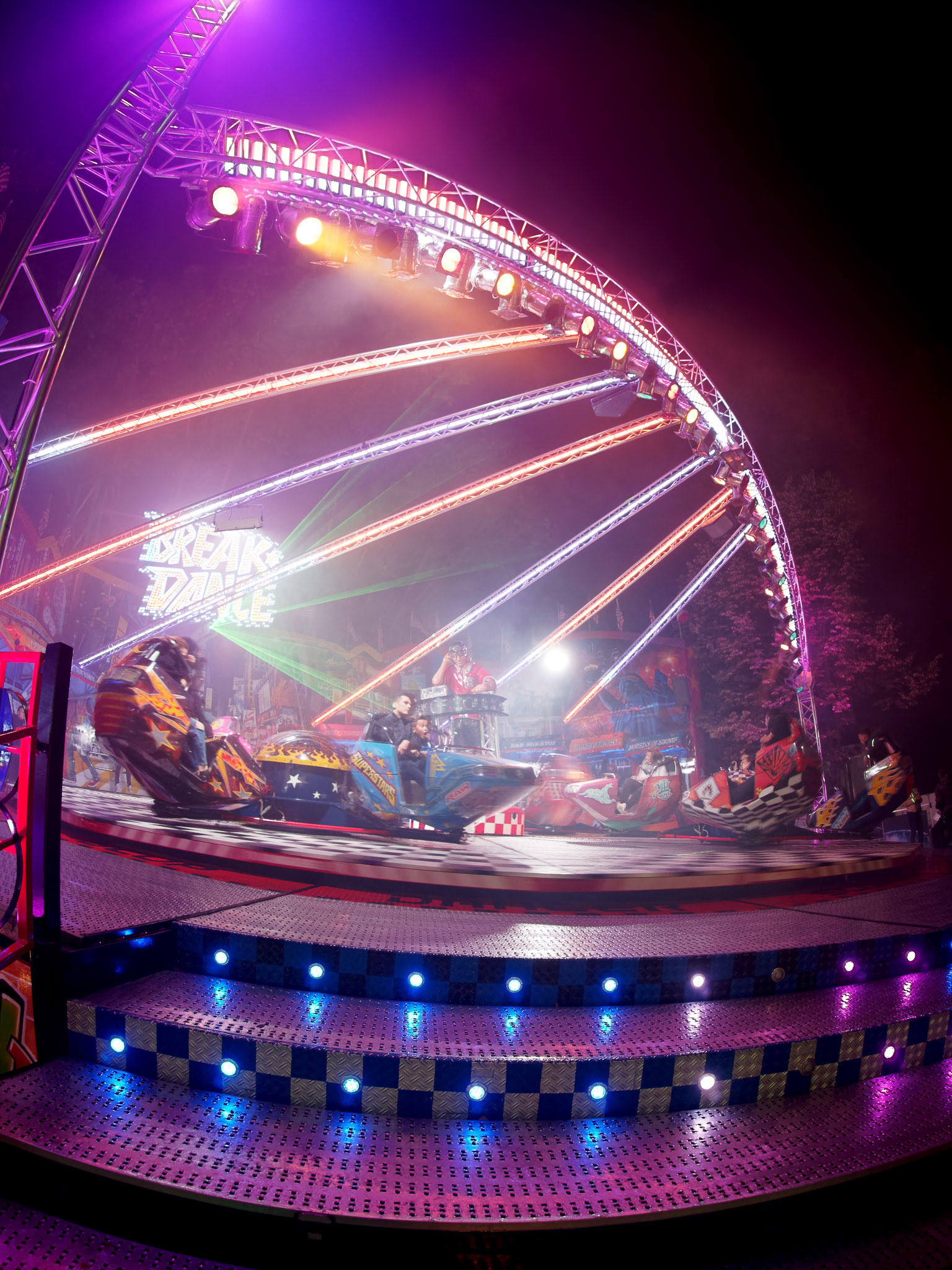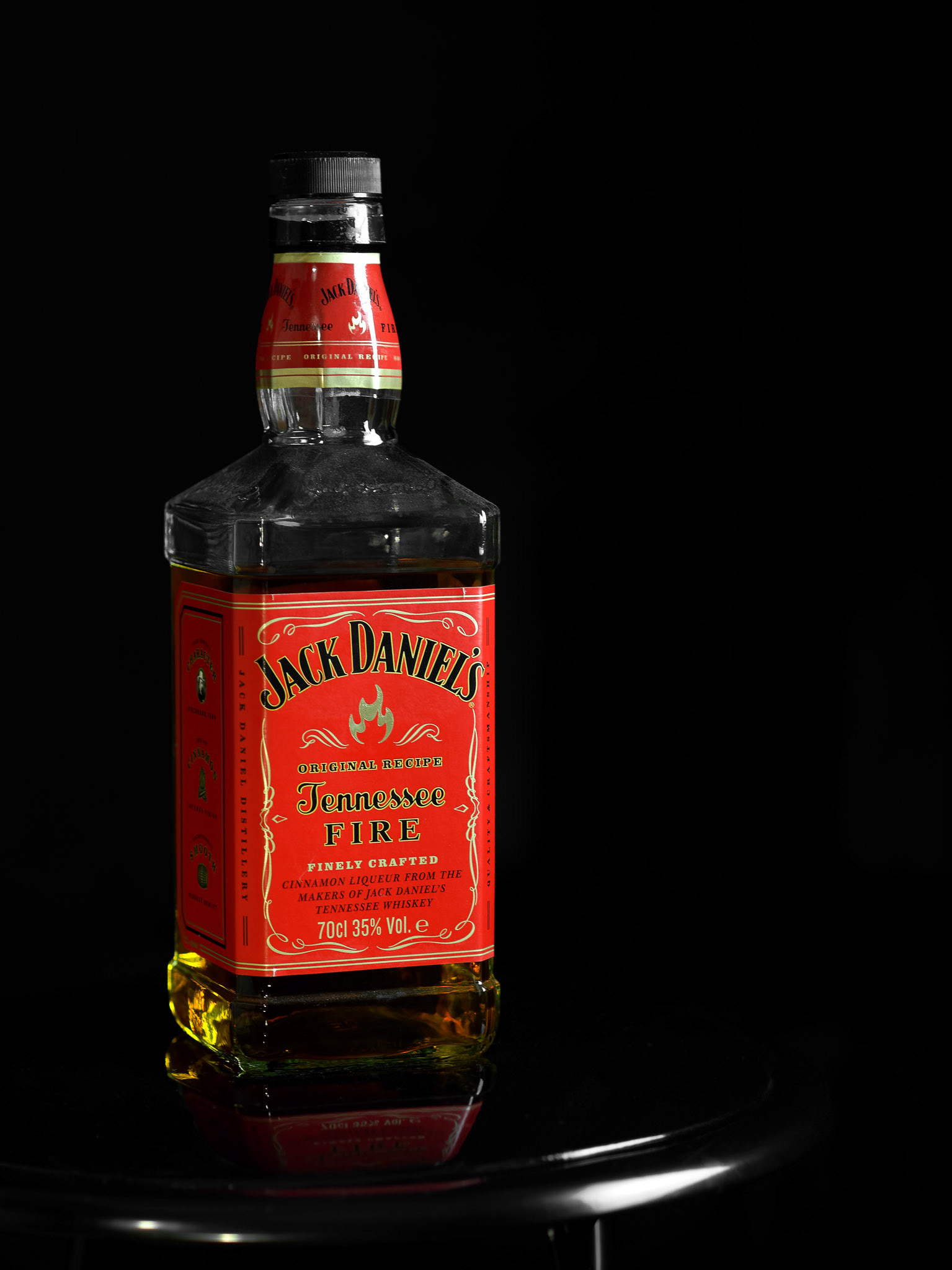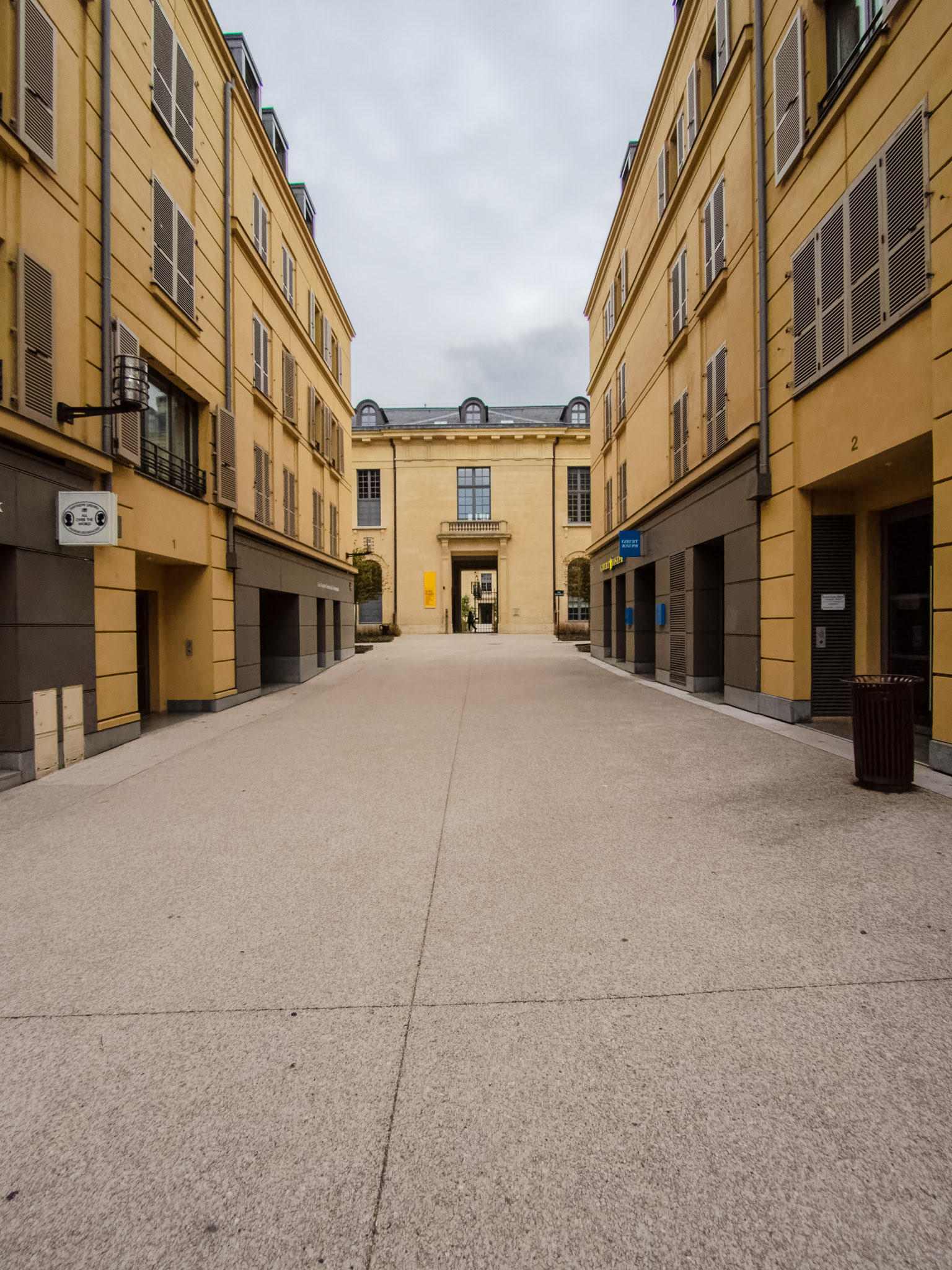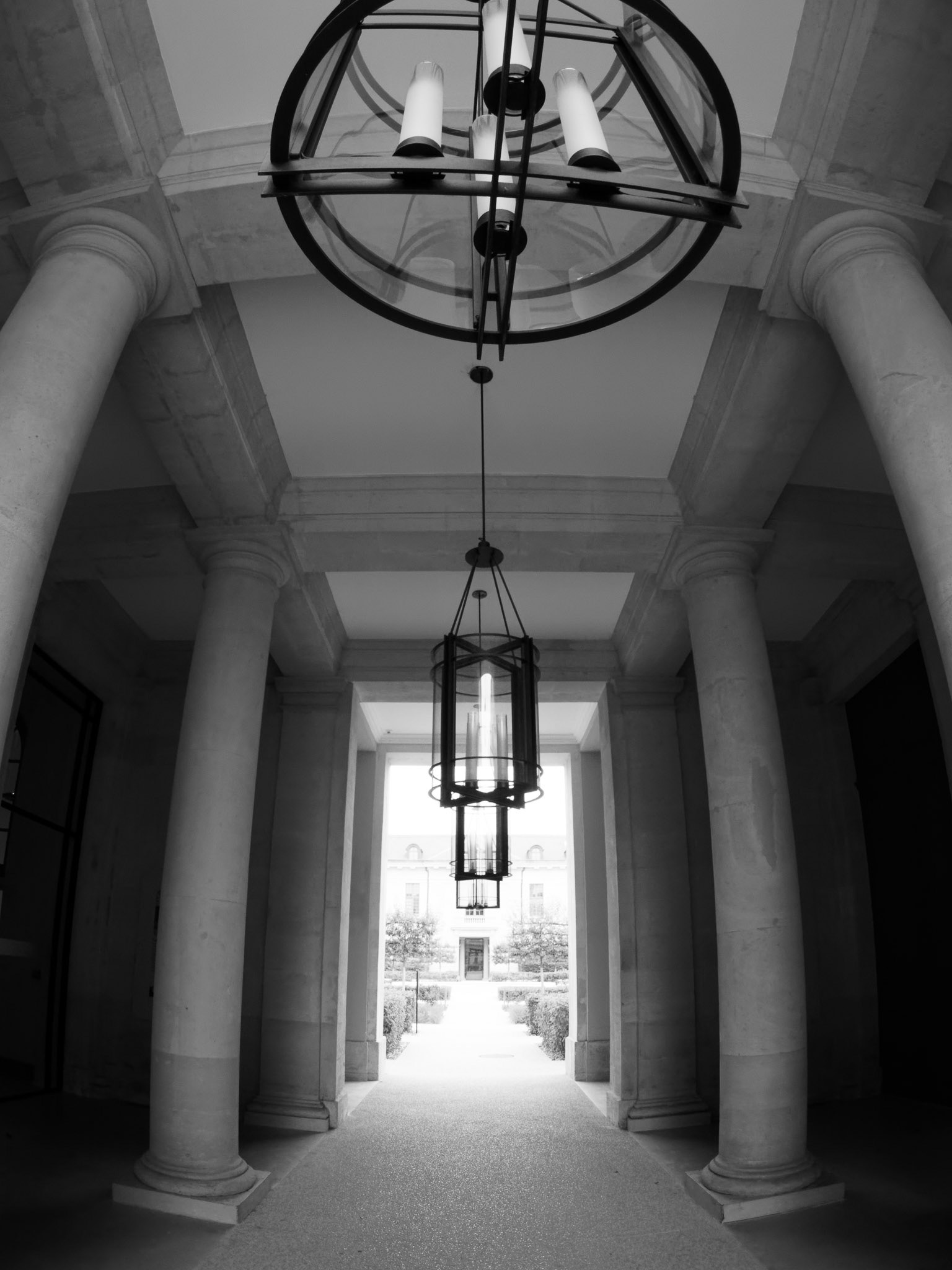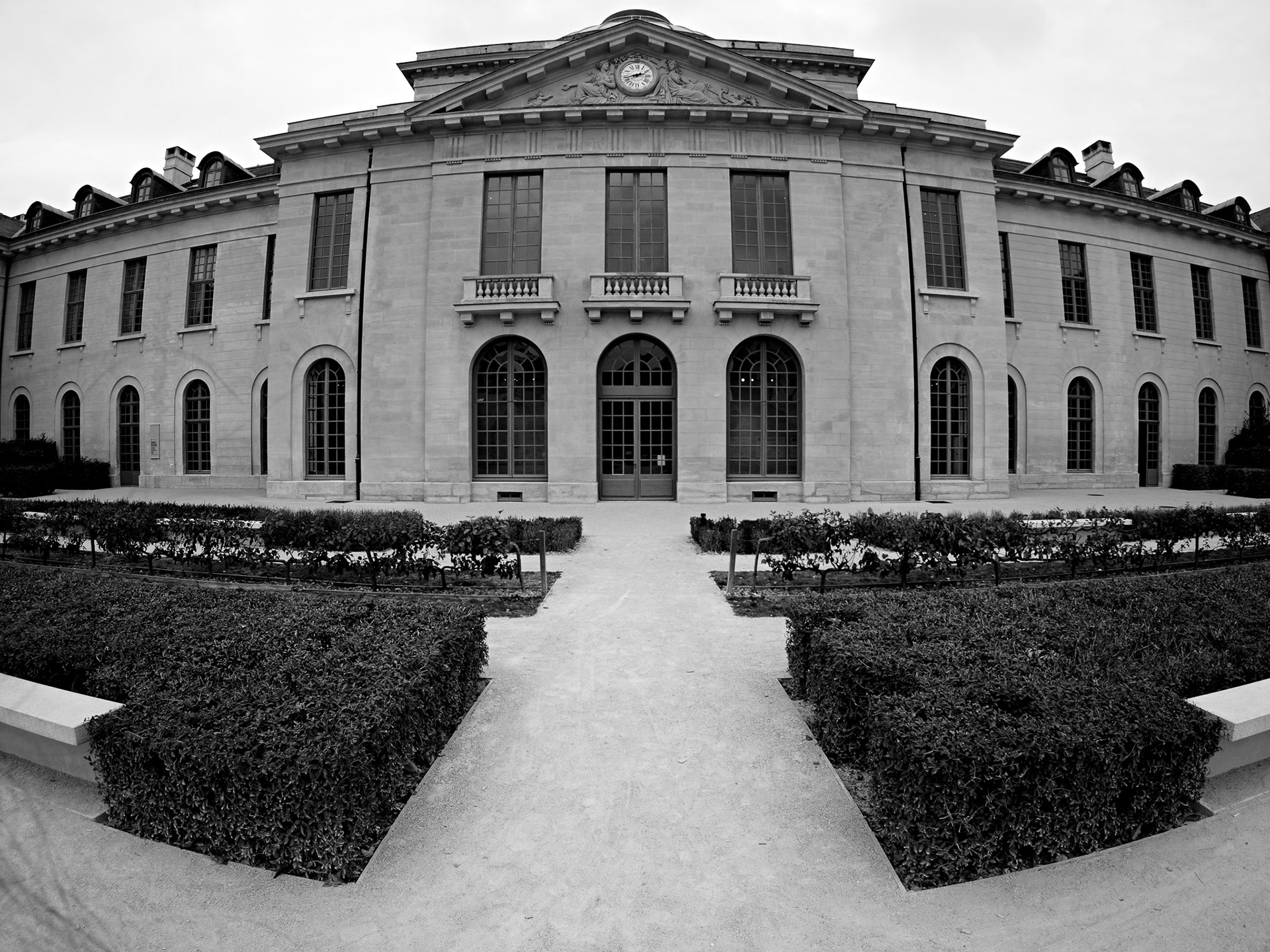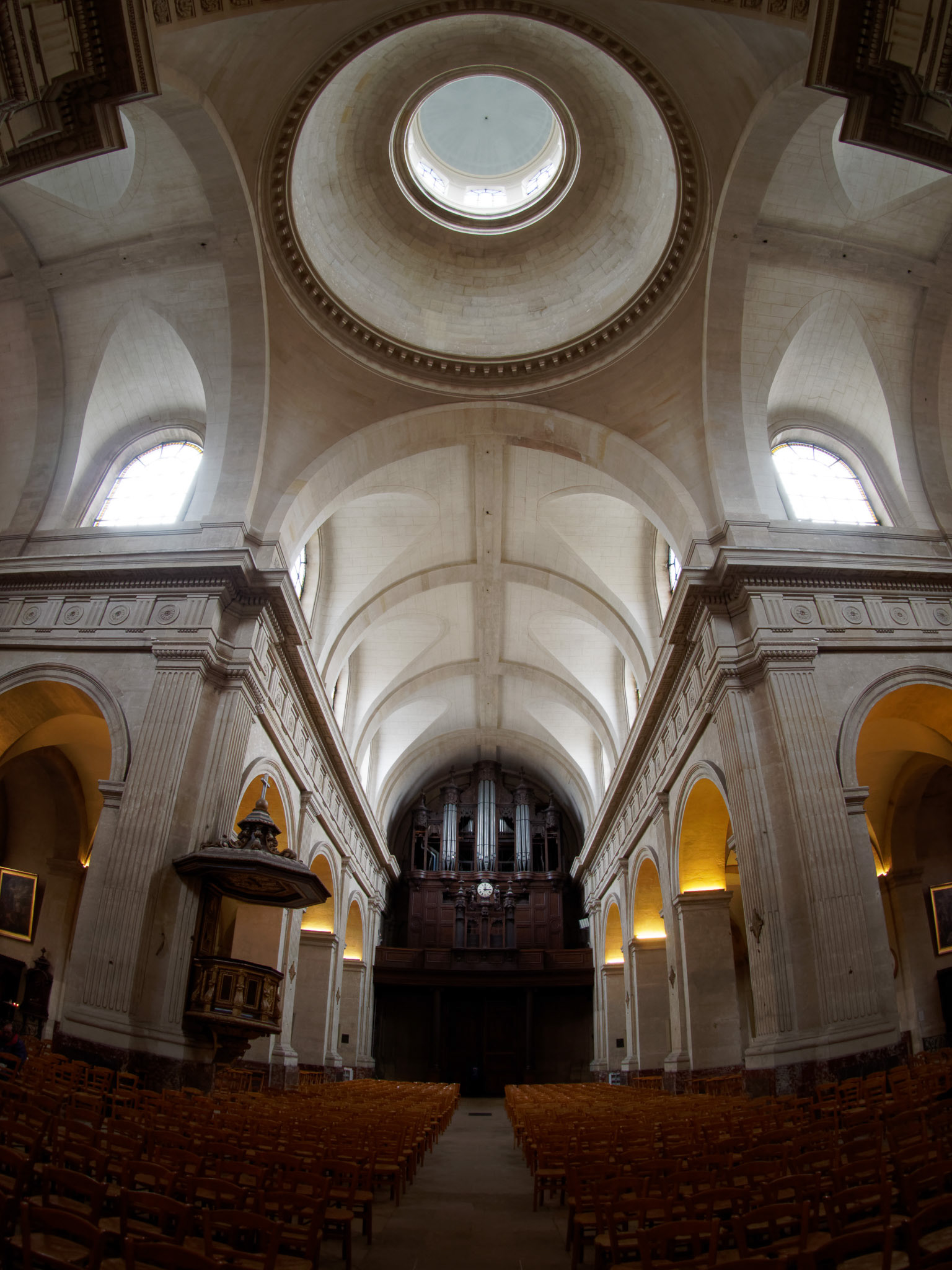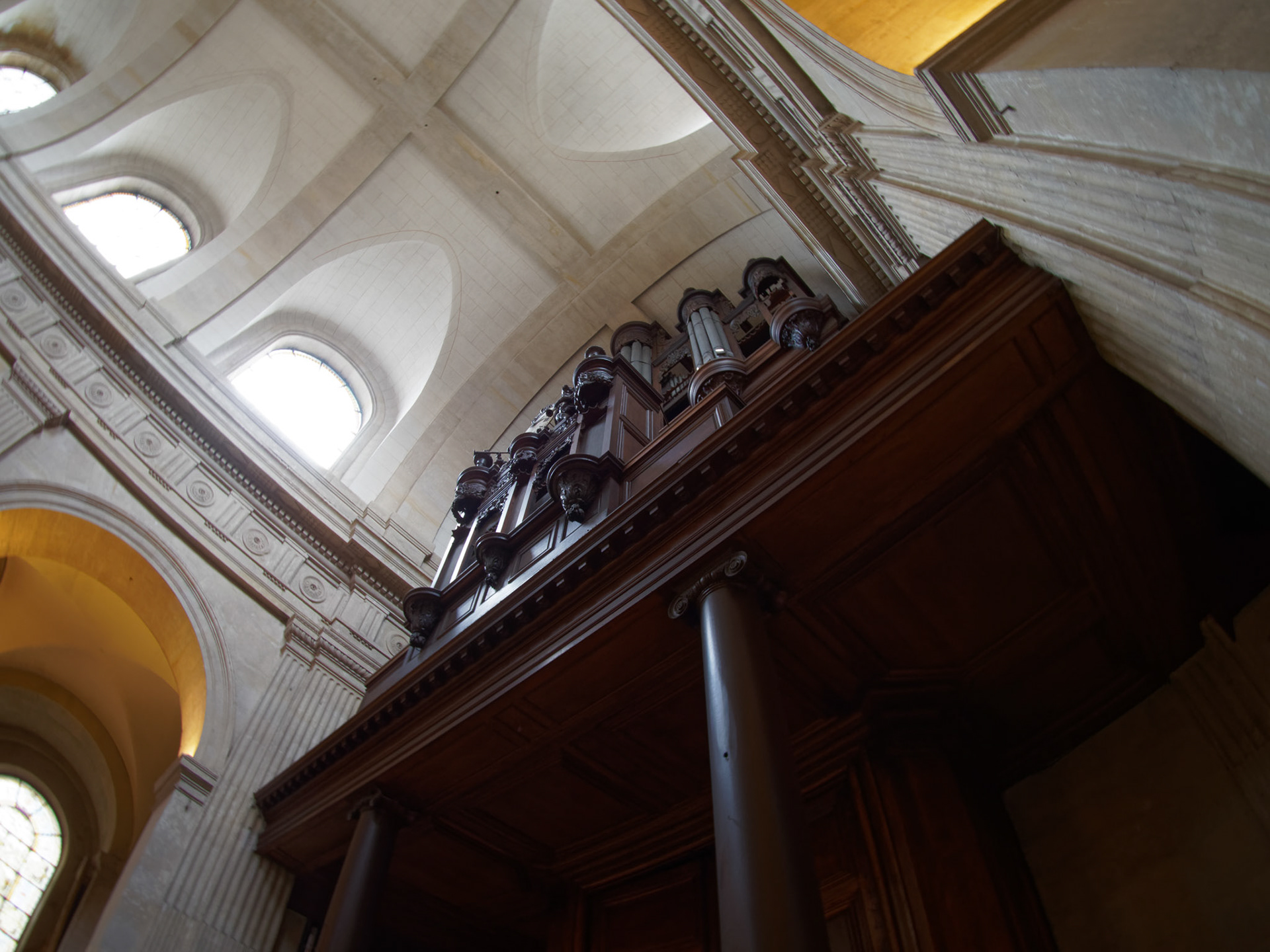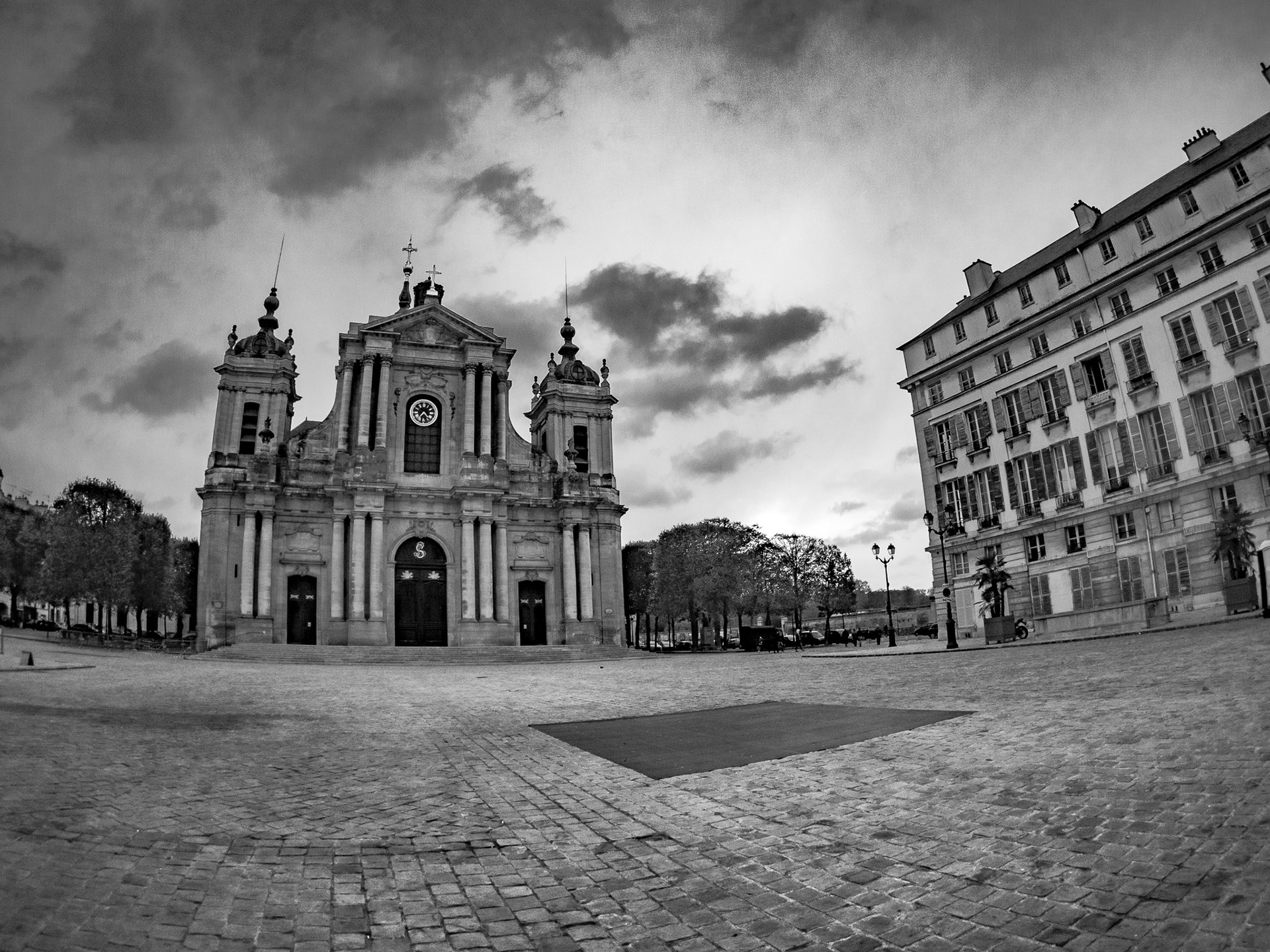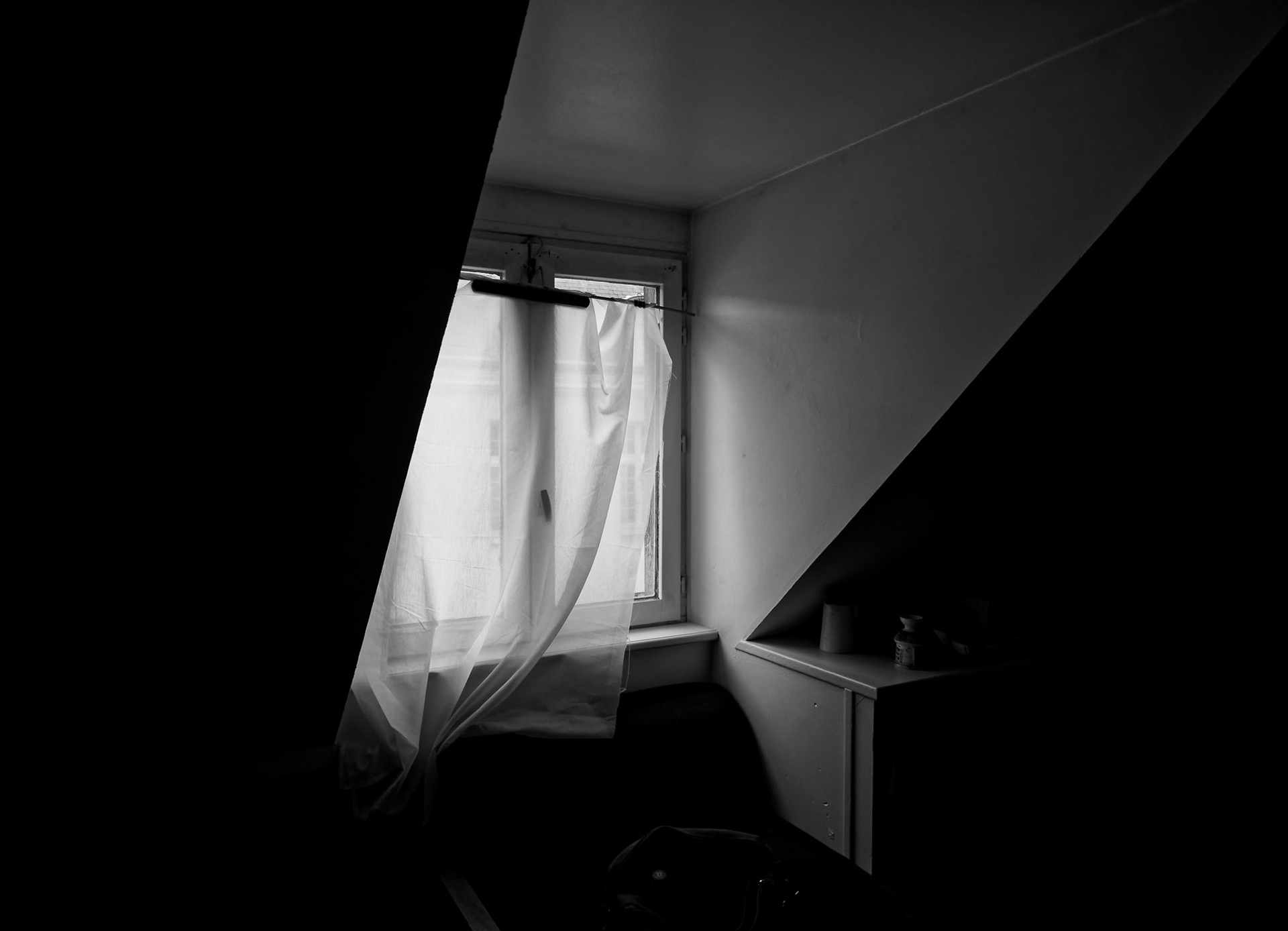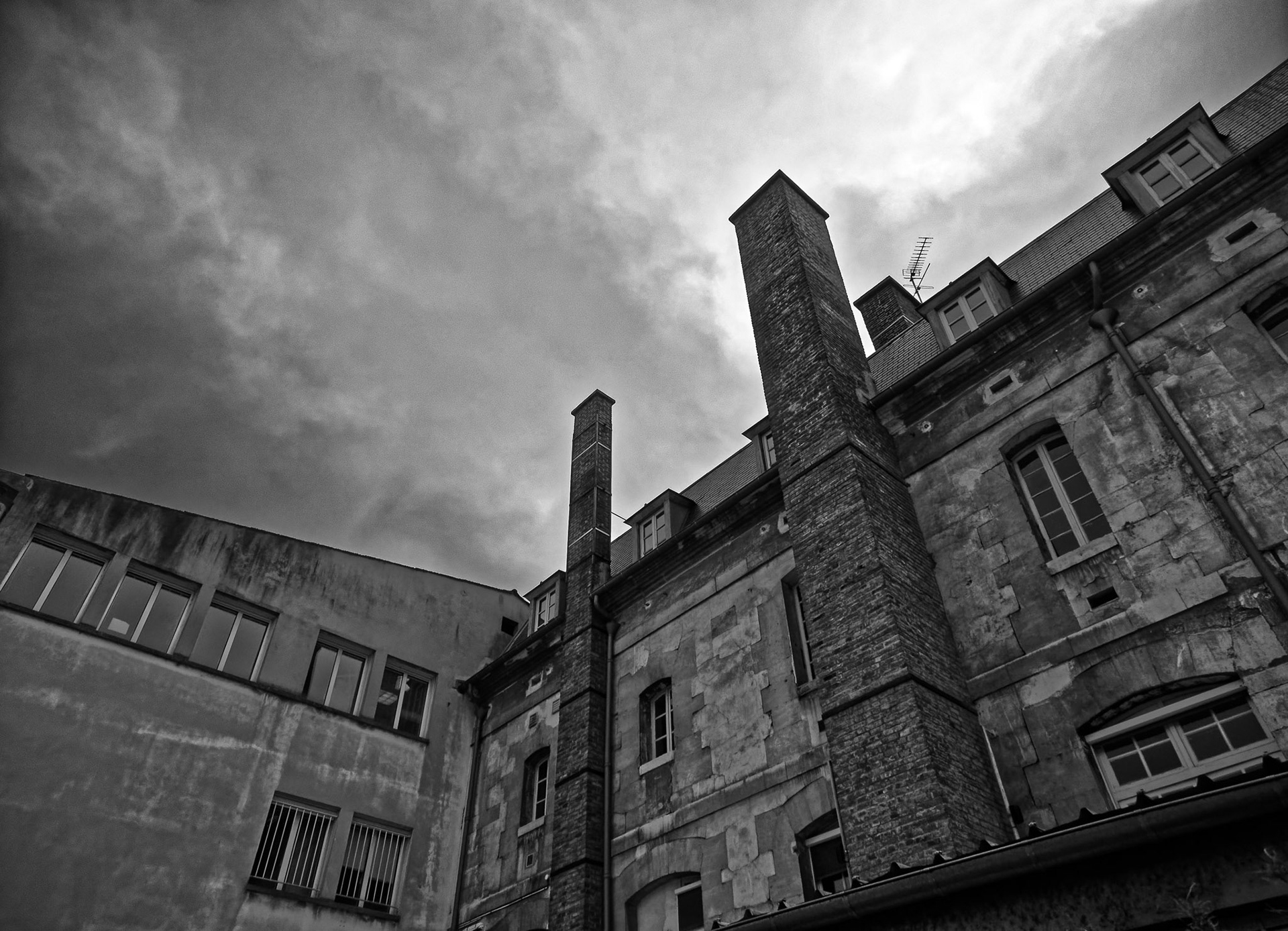I really didn't expect much from this little baby camera, but it turns out I really love it despite a lot of what I consider flaws.
At first, I hated the electronic viewfinder, and I still don't like it much, but the handling was feeling good, and the camera is just too cute and small. The 12-50mm is not the fastest or the sharpest lens but it does the job and offers a 35mm equivalent of 24-100mm. The 45mm isn't of much use to me, I have better portrait lenses on my Nikons FF and APS-C for studio sessions.
The AF is quite fast but not that reliable and the AF tracking sucks.
It's 16MP, the ISO noise is not very good in low light and the dynamic range is smaller than on my Nikons.
The battery life is simply ridiculous.
The bursts are not great: 5FPS with AF tracking (unreliable) and automatic exposure, 9FPS with locked AF and exposure.
The configuration menu is not really intuitive but I figured it out.
There are quite a lot of lenses available for the micro four third camera, but I'm not going to put any money in this system: I only bought the cheap lens cap fisheye for fun. Any long lens, native or adapted, doesn't make any sense because I have the same reach on the APS-C Nikon cropped to 16MP (my 600mm Nikon lens adapted to this Olympus has an equivalent reach of 1200mm, it has a 900mm reach on my 24MP Nikon APS-C camera and a 1200mm reach if I crop that photo to 16MP).
Seems there is not much to like with this Olympus OM-D E-M5. However, I really love it to the point it became my everyday carry camera for a little while before I got bored and wanted something else.
It is small, but not lighter than my APS-C Nikon. It fits in my small shoulder bag. It is just so easy to carry.
I don't have especially small hands, nor large ones, and the handling of this Olympus feels just great. All the buttons and dials are programmable.
I shoot only Raw, I mostly use aperture priority mode, or manual mode, not very often do I use speed priority mode. These modes are as good as with any other camera, the exposure is accurate and the exposure compensation dial works as intended.
Even if I don't really like the electronic viewfinder, it offers 100% view, and a real time histogram: and THAT is simply absolutely GREAT. I really wish there was a way to display that histogram on an optical viewfinder, like a head up display on a fighter.
here is In Body Image Stabilisation that is working really well, I get something like 3 to 4 stops depending on what I shoot.
Reviewing the photos on the articulated rear OLED screen is a pleasure. I have no use for live view, I don't shoot videos.
In the end, this Olympus OM-D E-M5 is a pleasure to shoot, it's practical, and what it loses in image quality or AF speed, is by far compensated by the fact that it is always with me and actually is used to take photos.
The 16MP images are easy to work with in DXO Photolab, basically I do the geometry corrections, chromatic aberration correction, and Prime noise reduction even on photos shot at 200isos. I adjust levels and contrast if needed, but not much more. I quite like the color rendition, and the automated white balance is OK.
In conclusion I really love this Olympus that I call now my baby camera. As an everyday carry it is simply great: good enough photo quality, great handling, easy to carry, and the 35mm equivalent 24-100mm range covers all my basic needs. In the end, bigger is not alway better...
